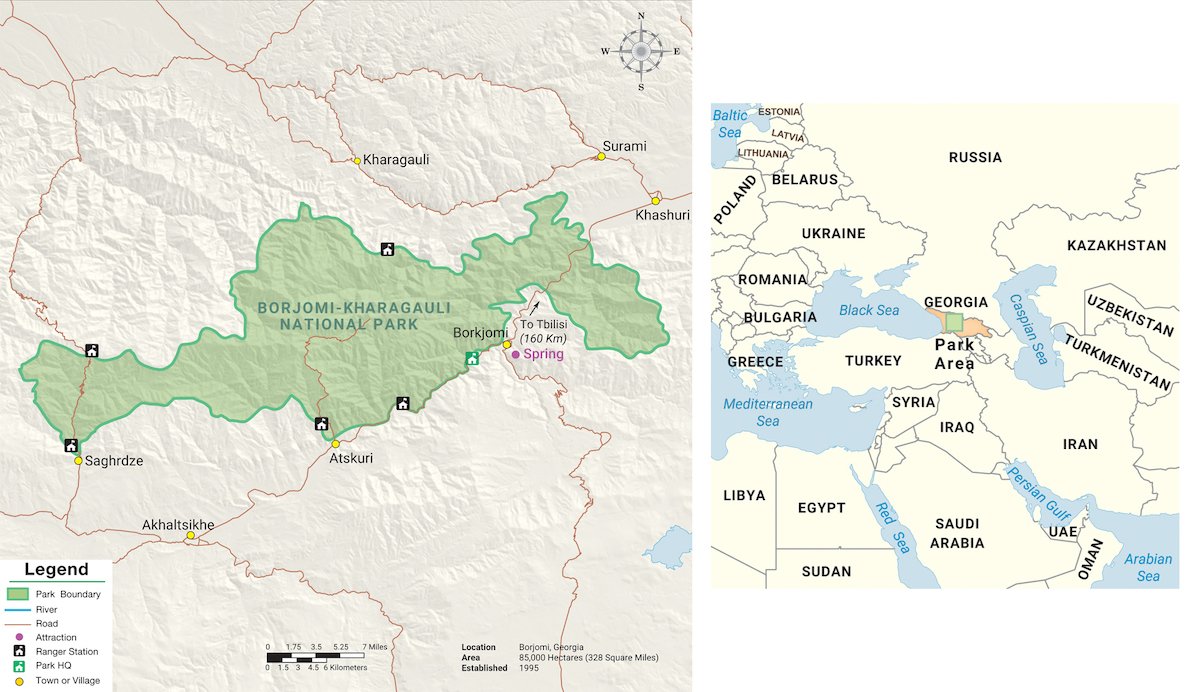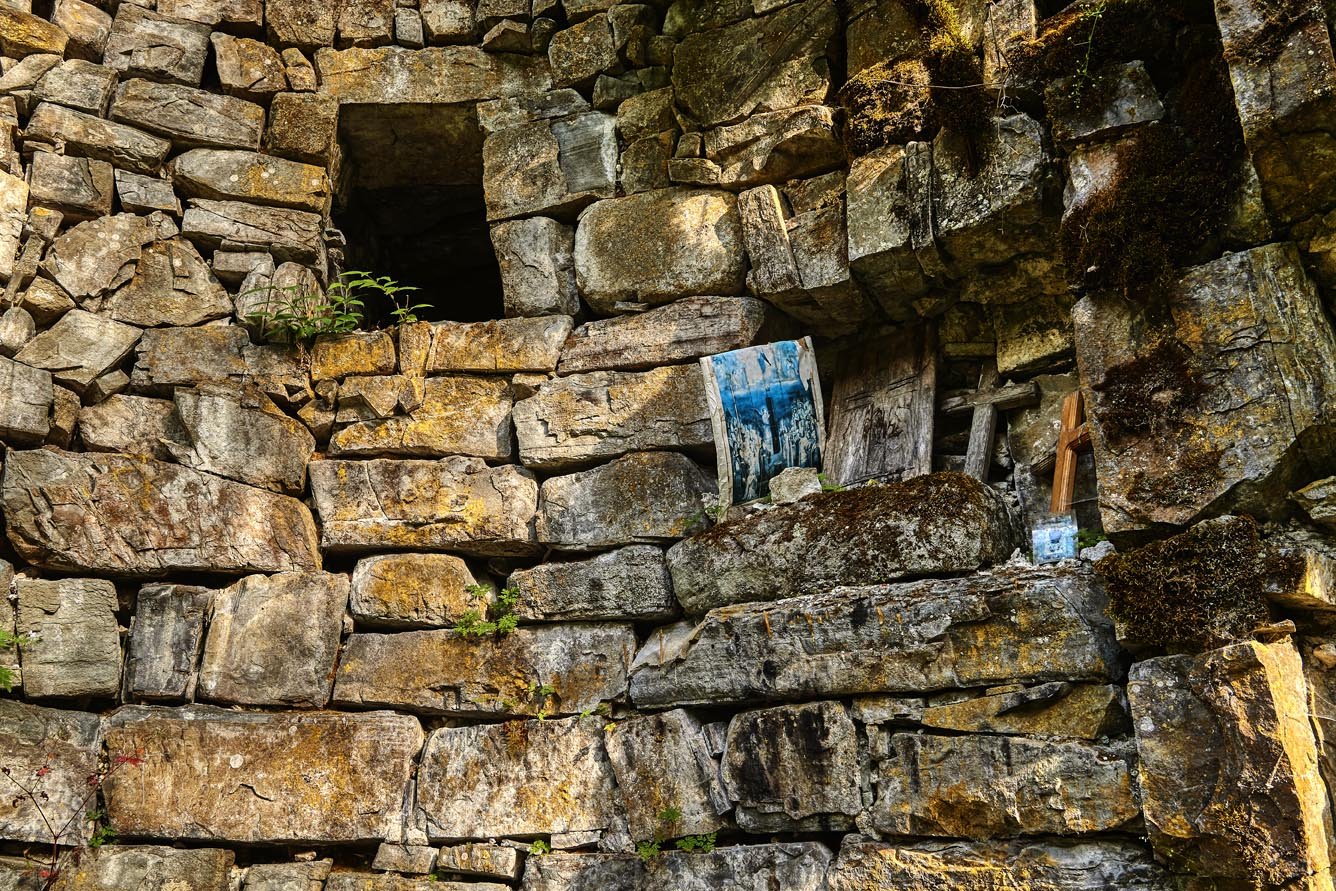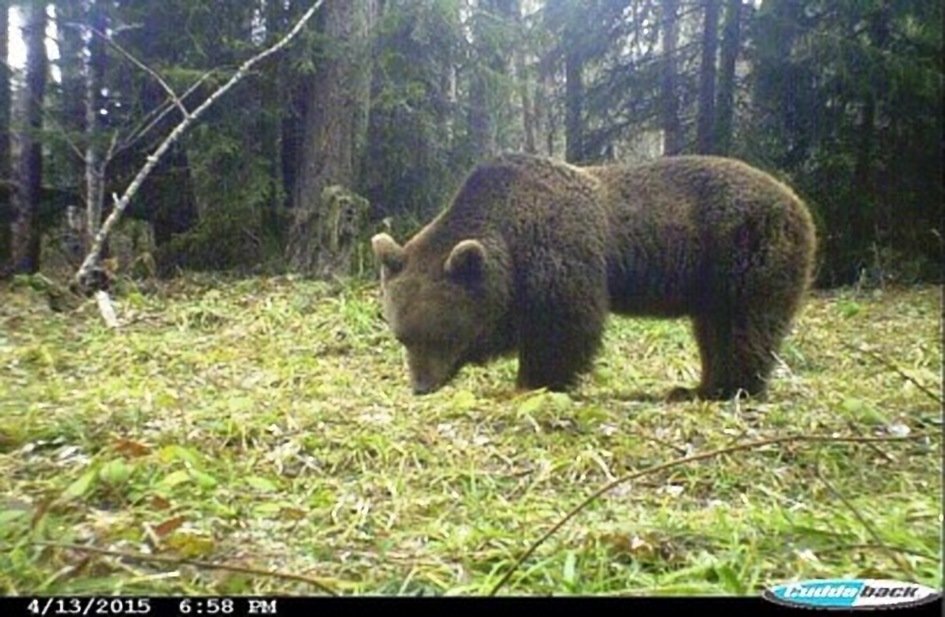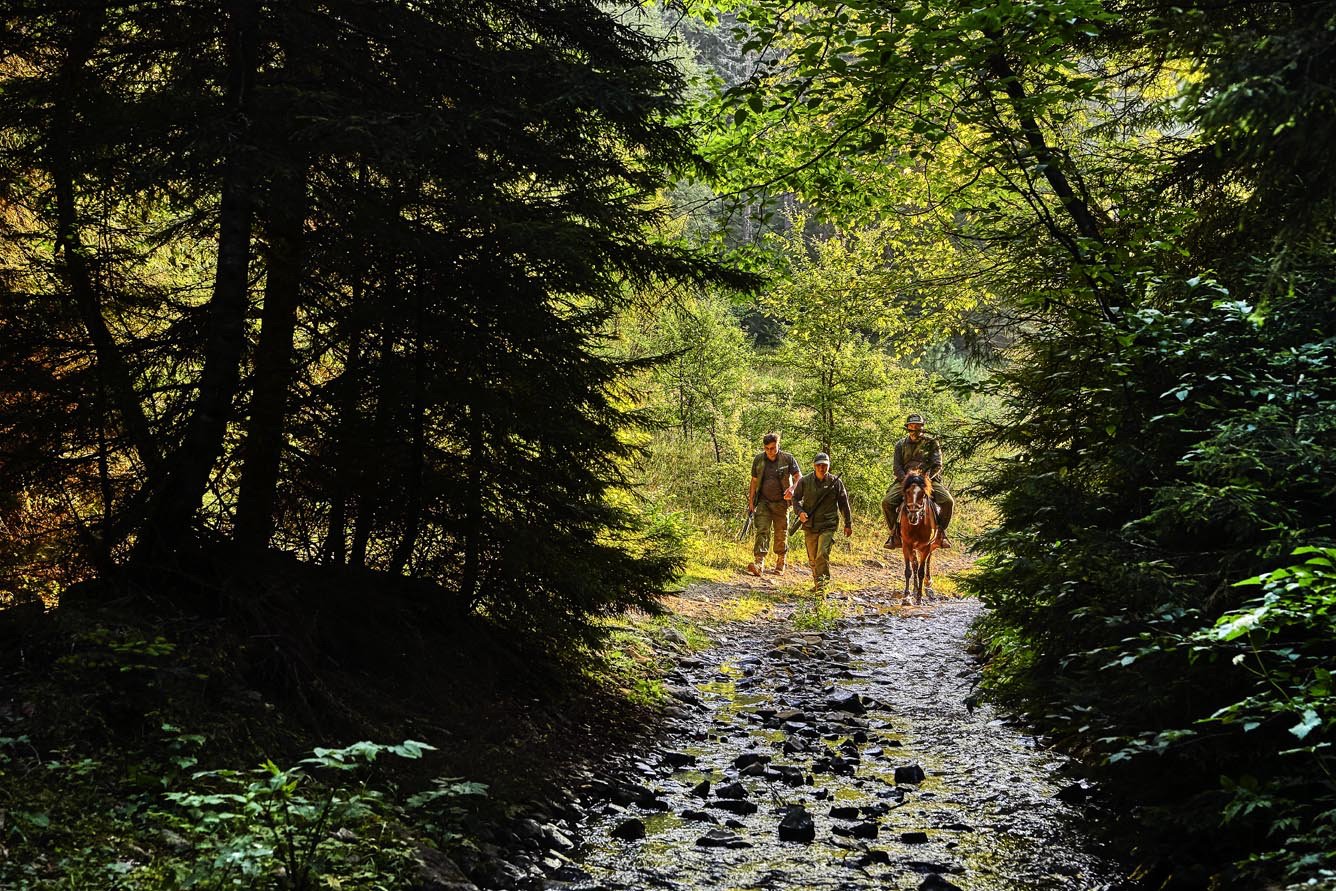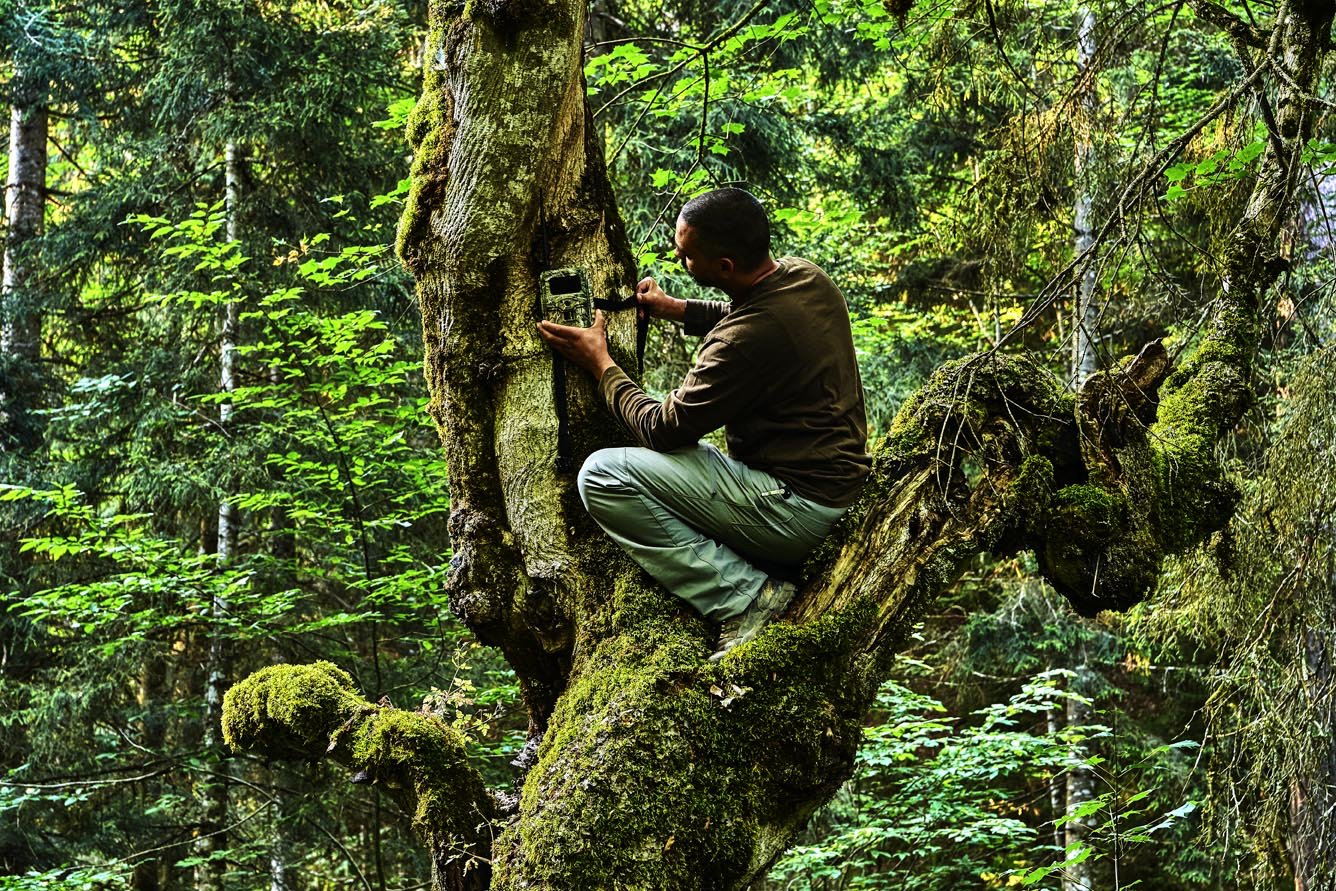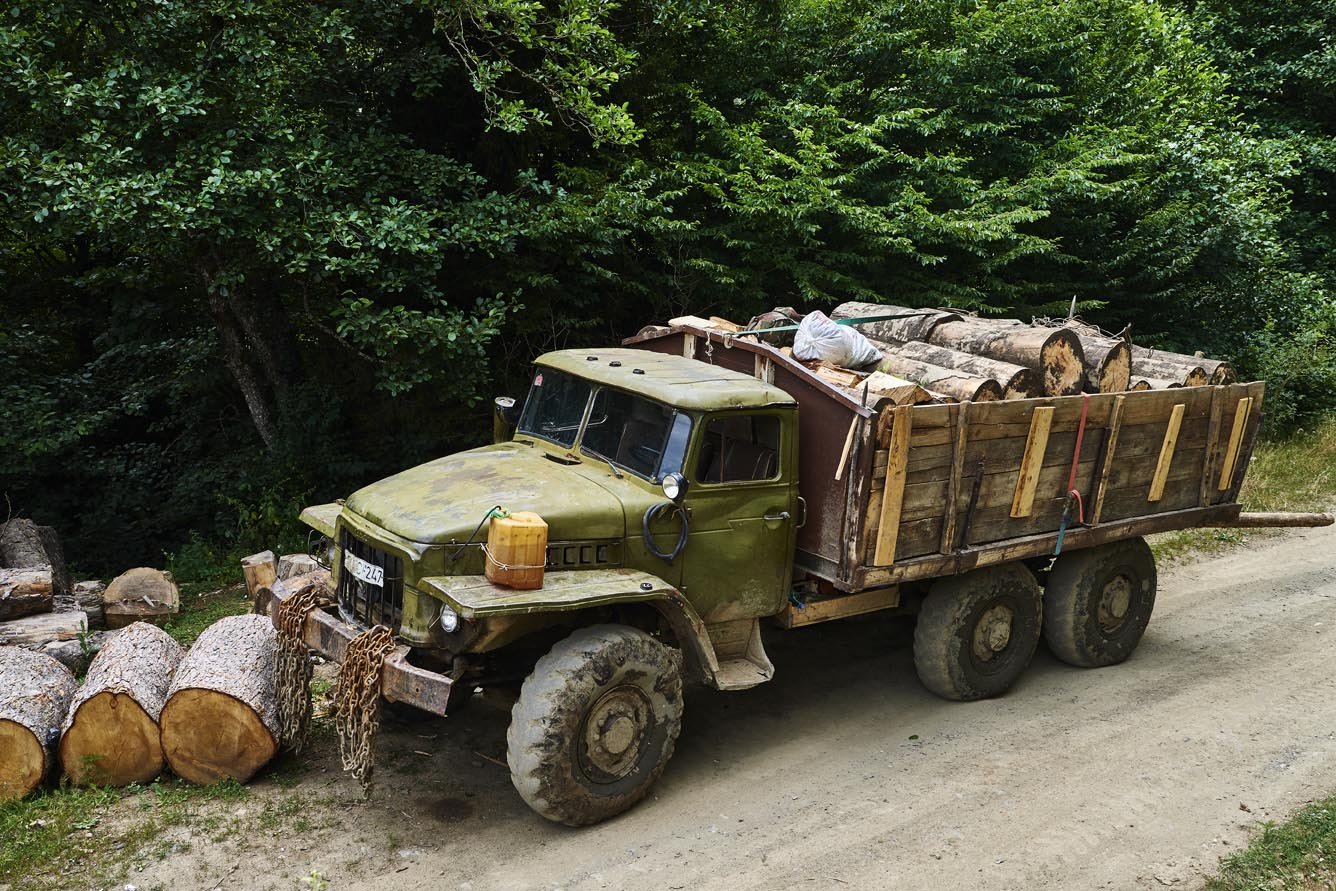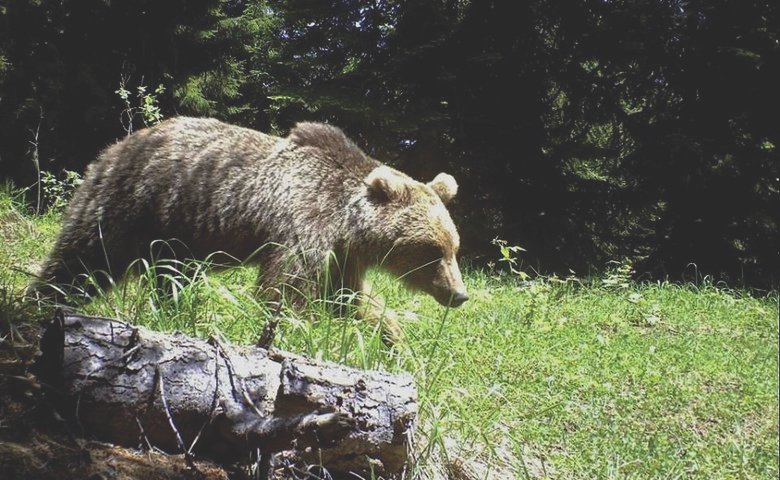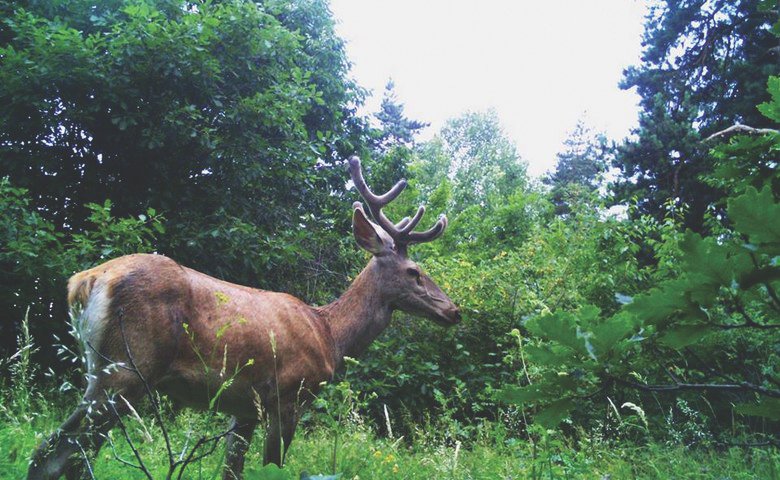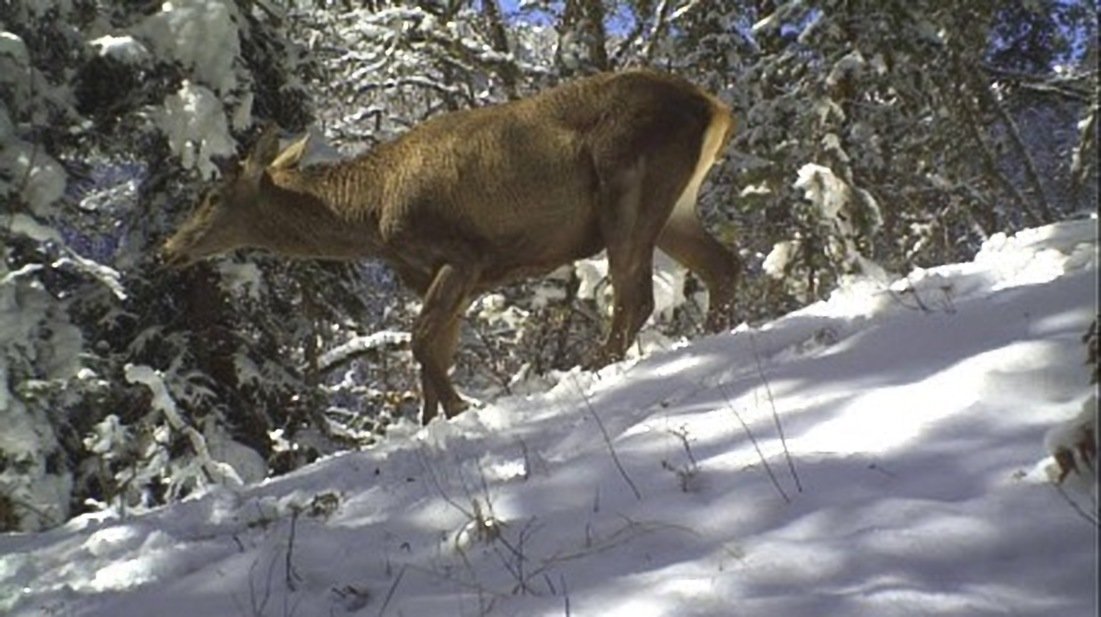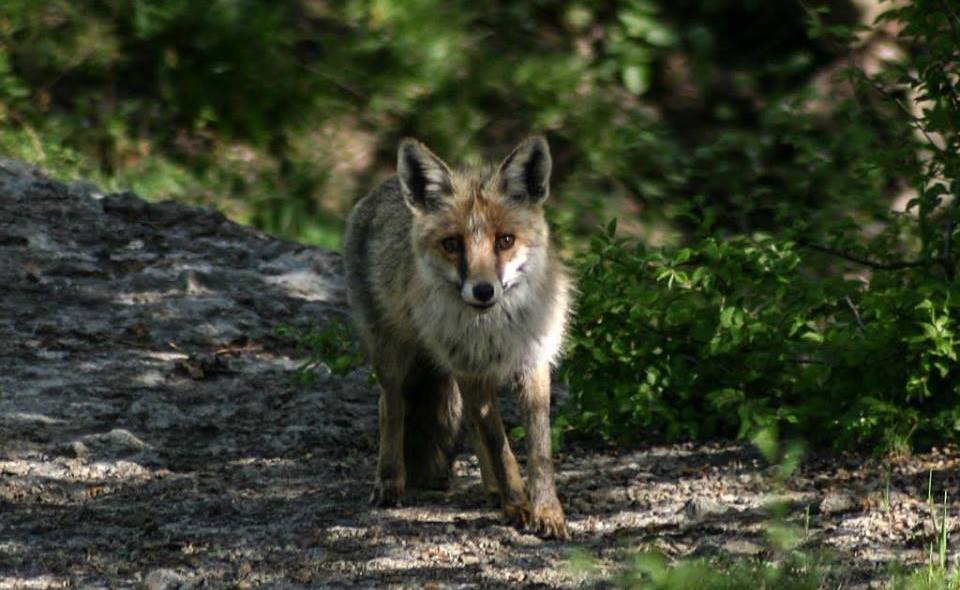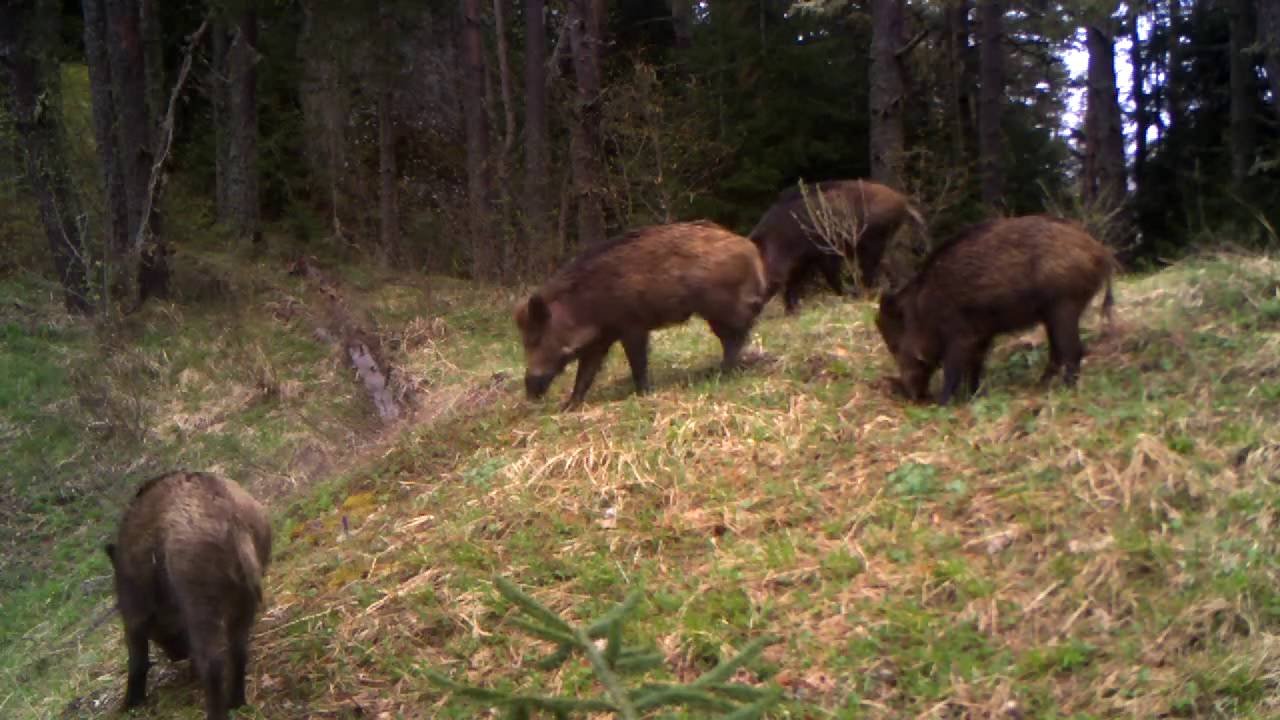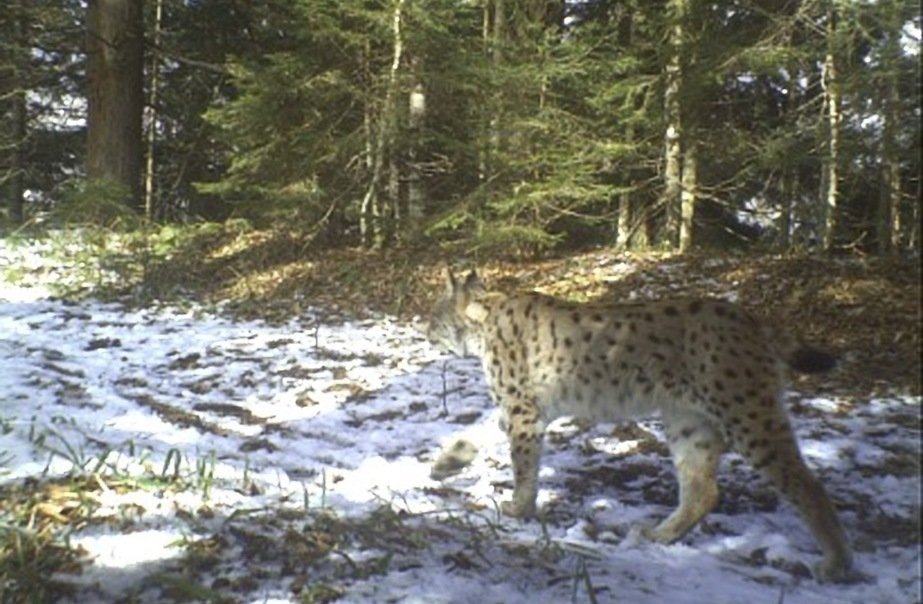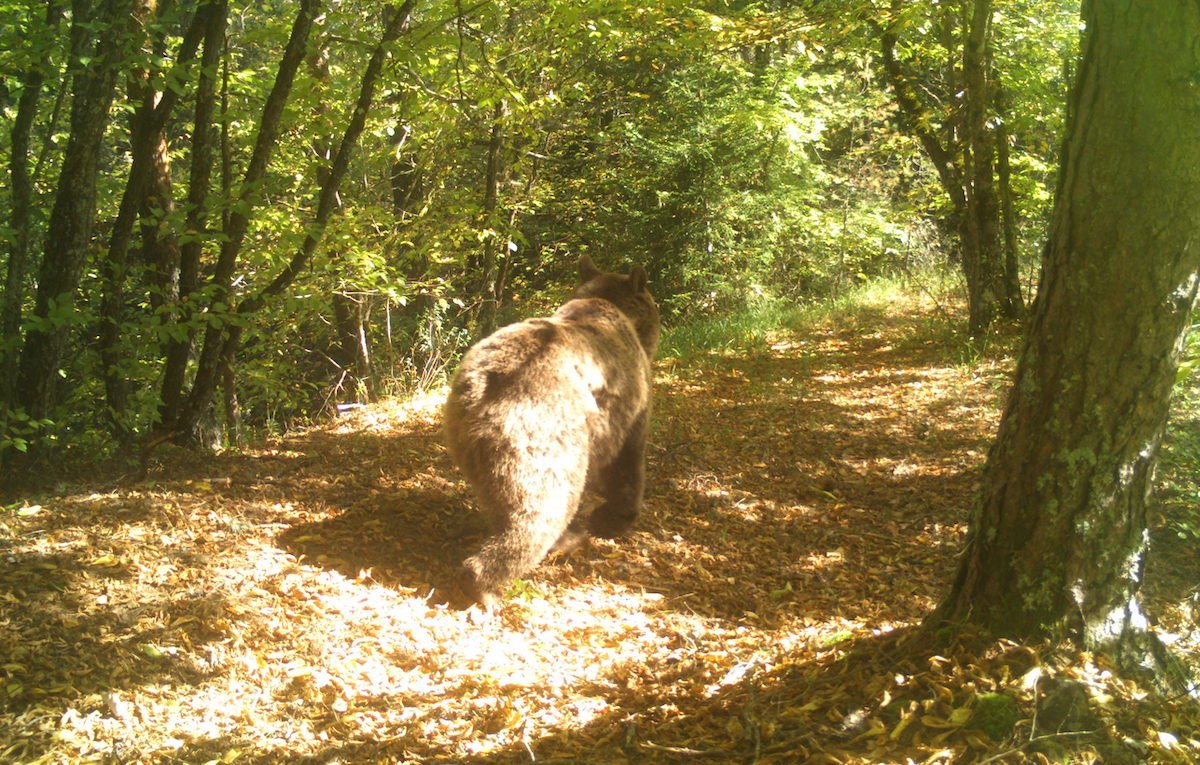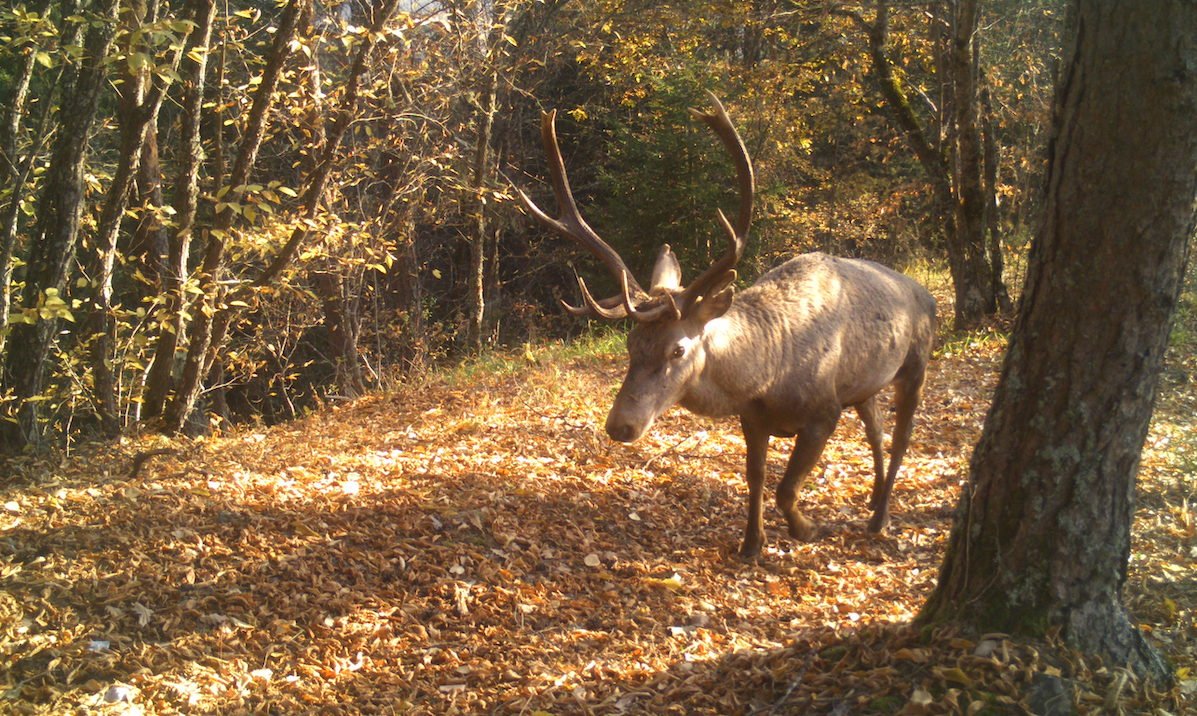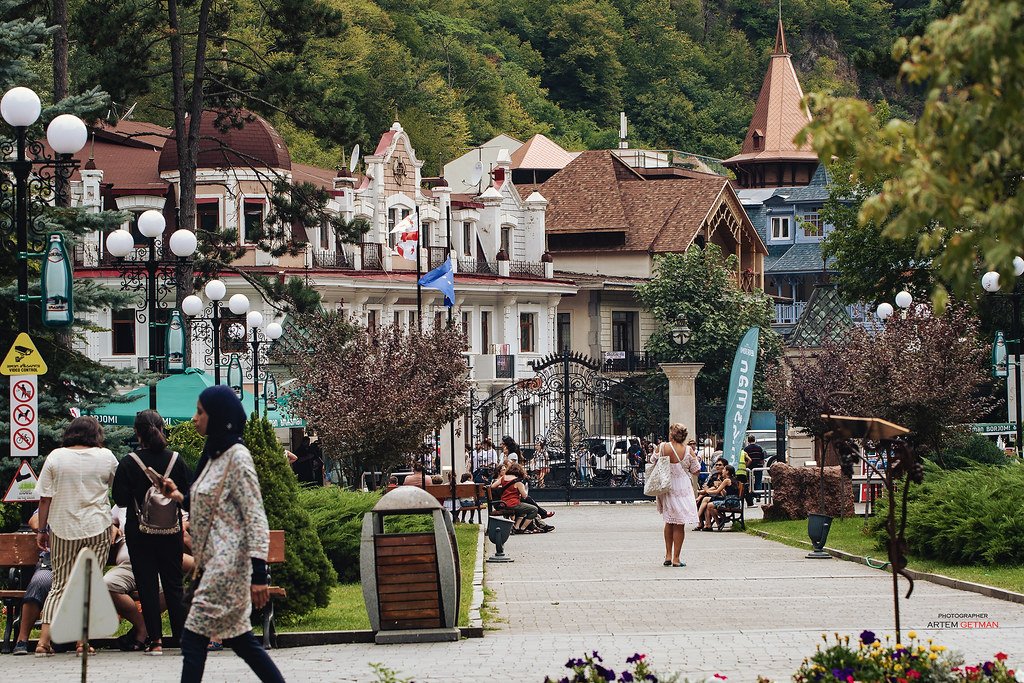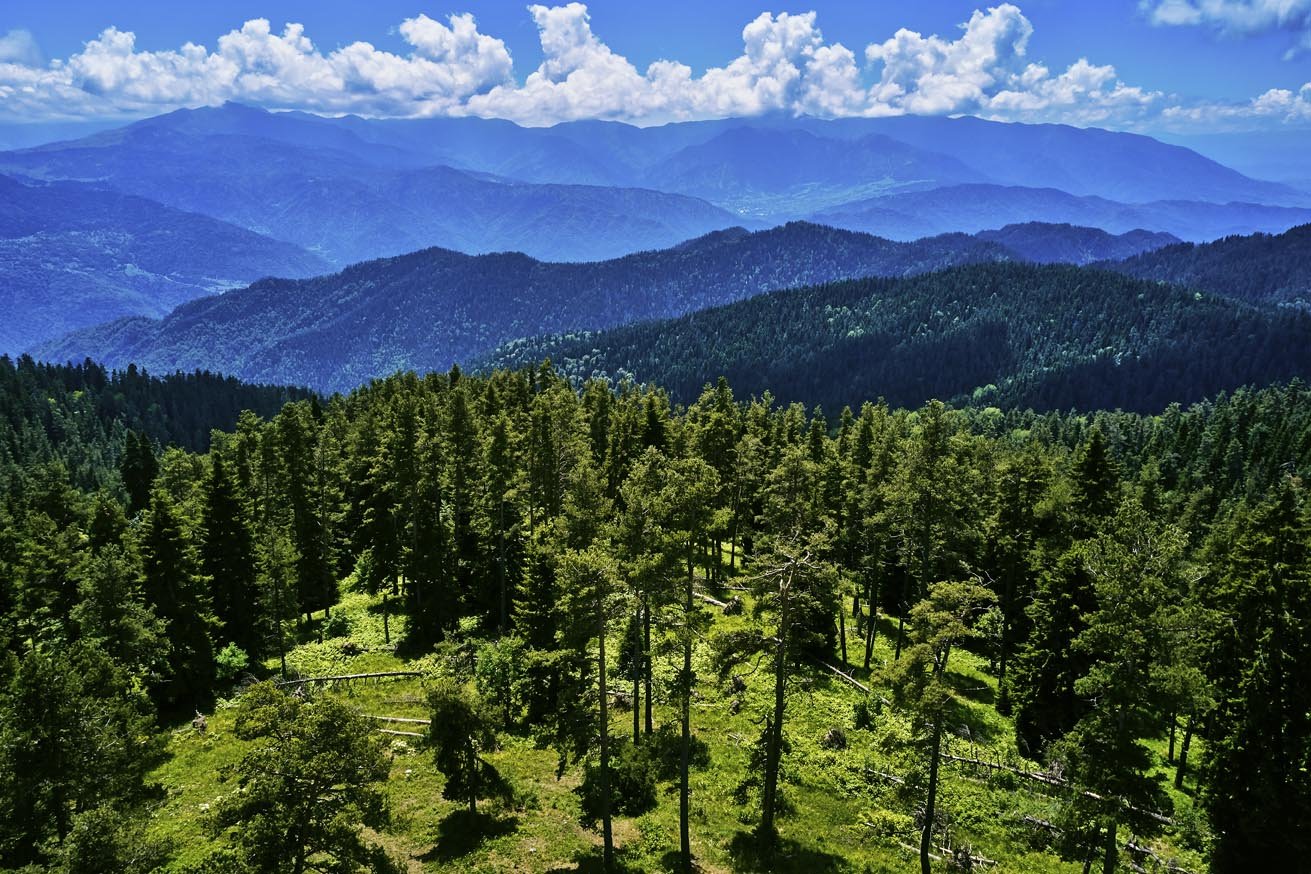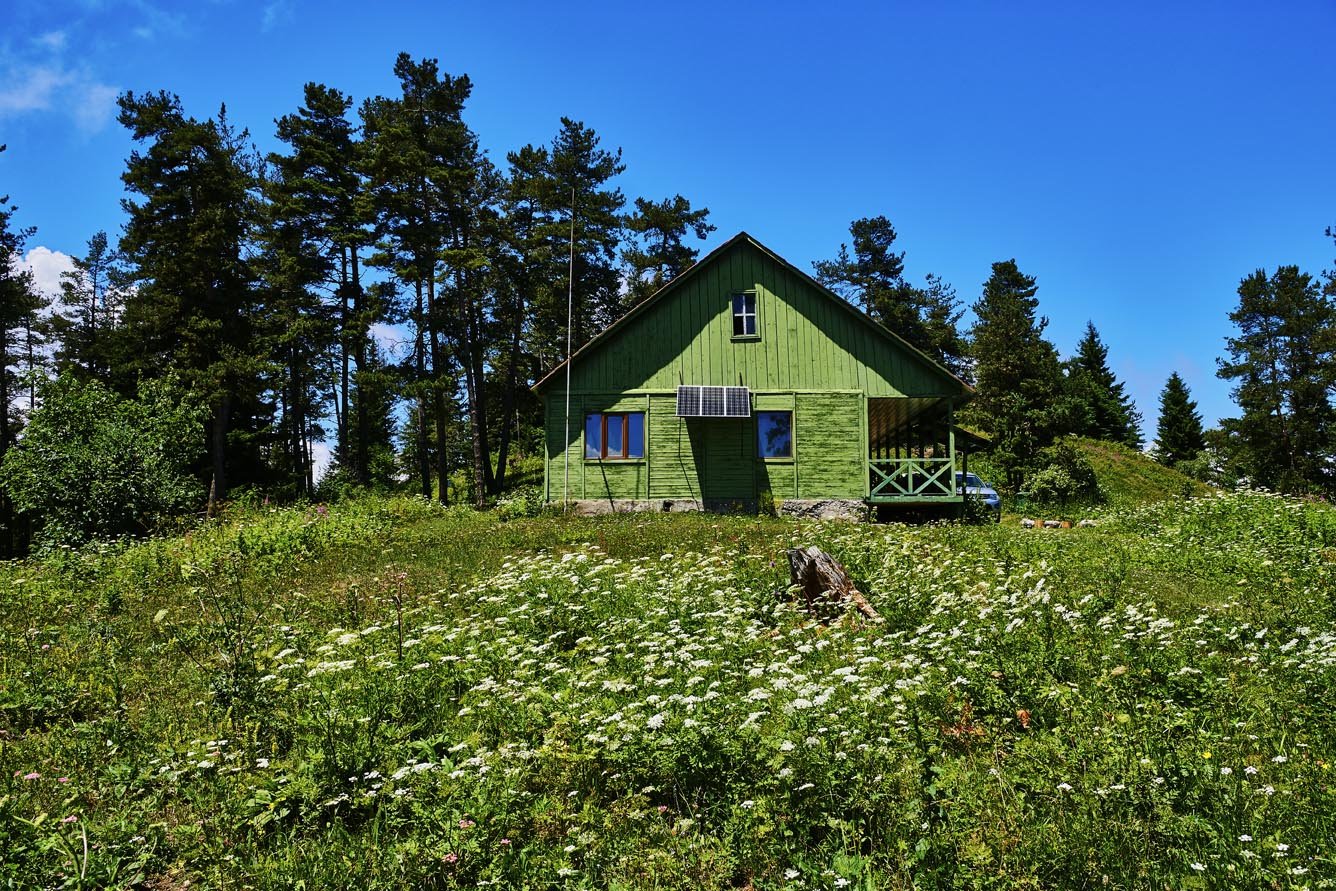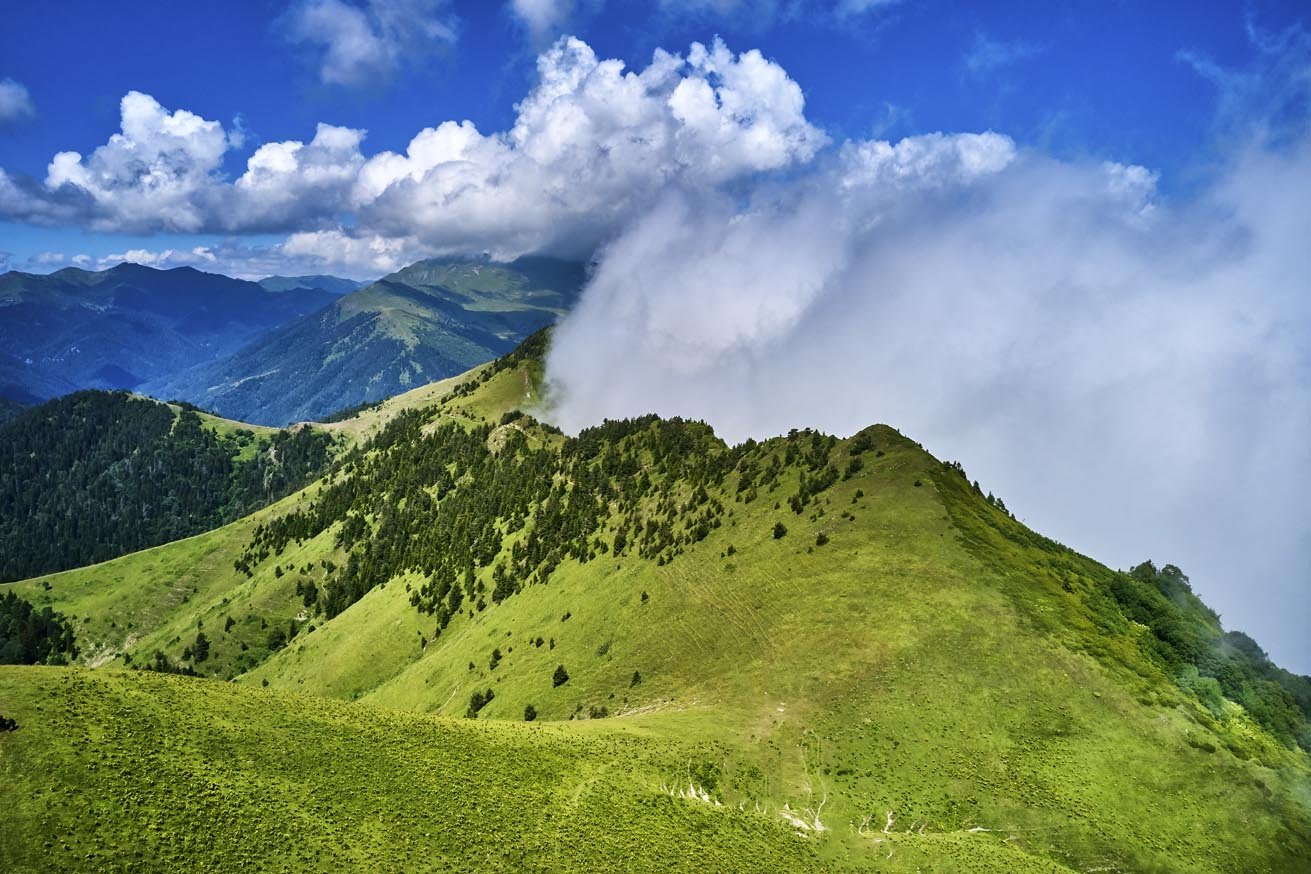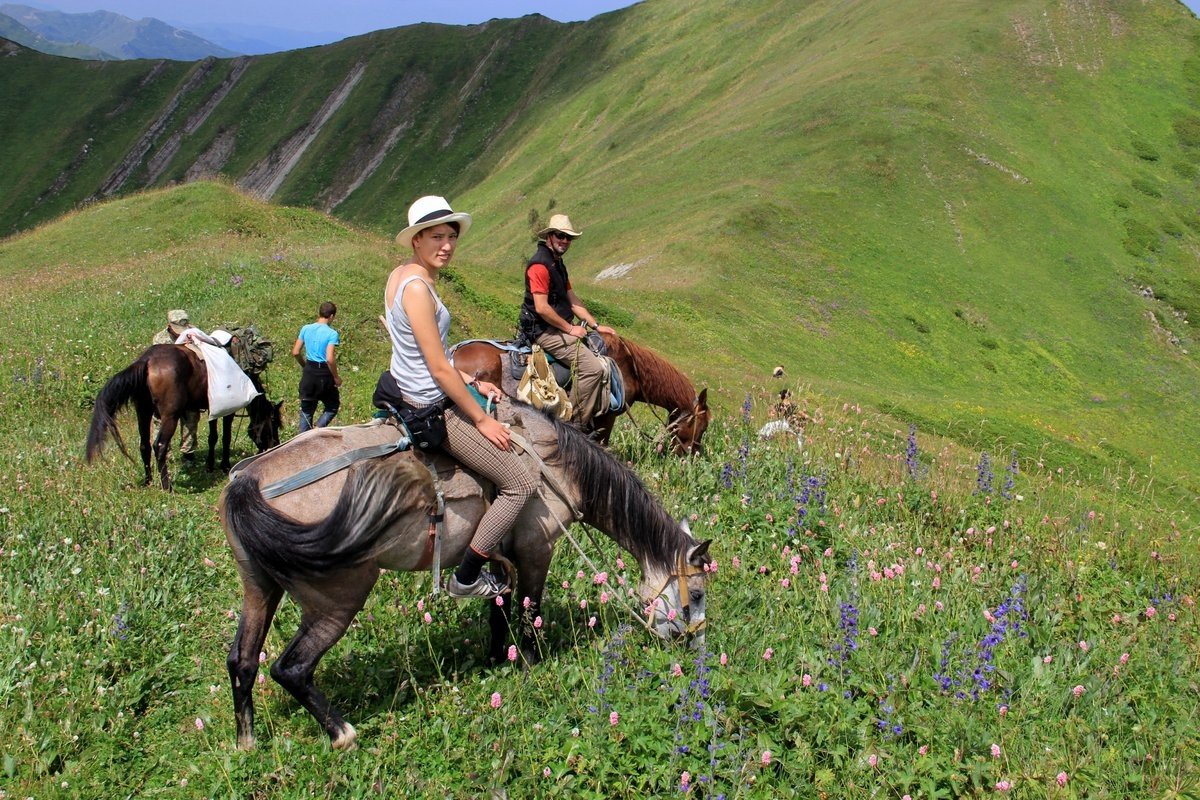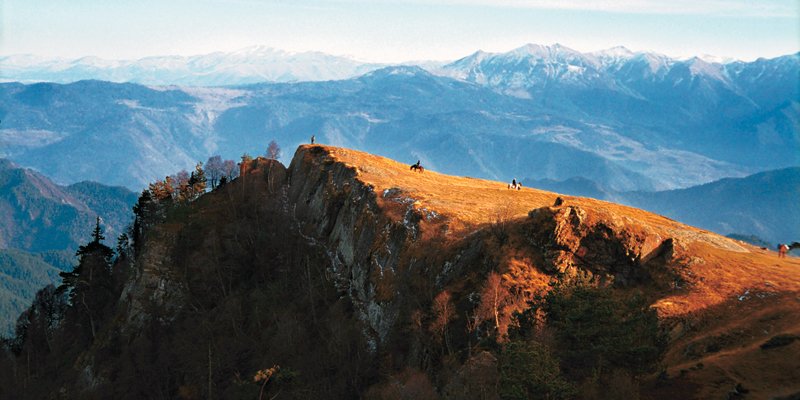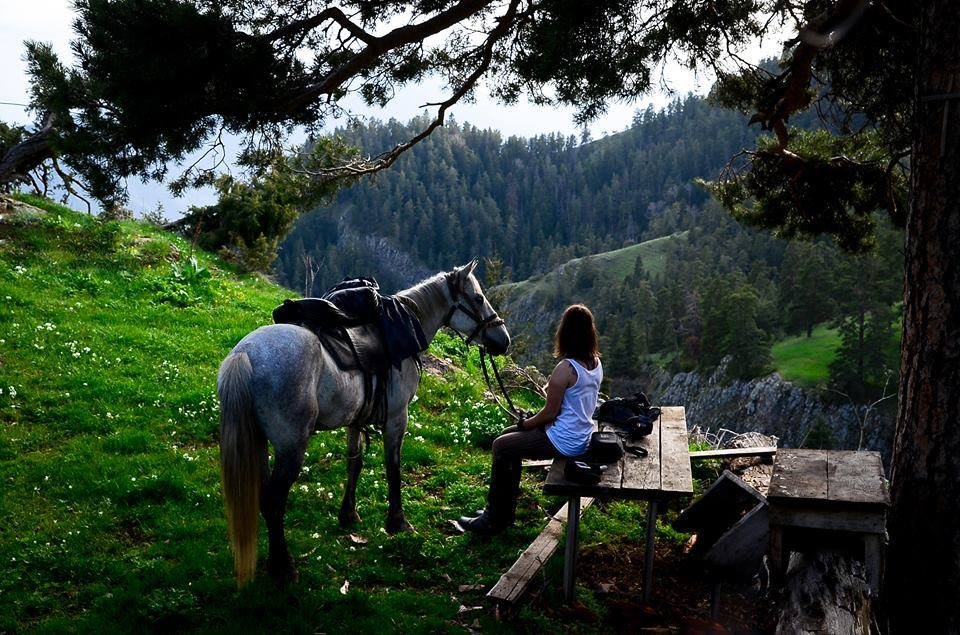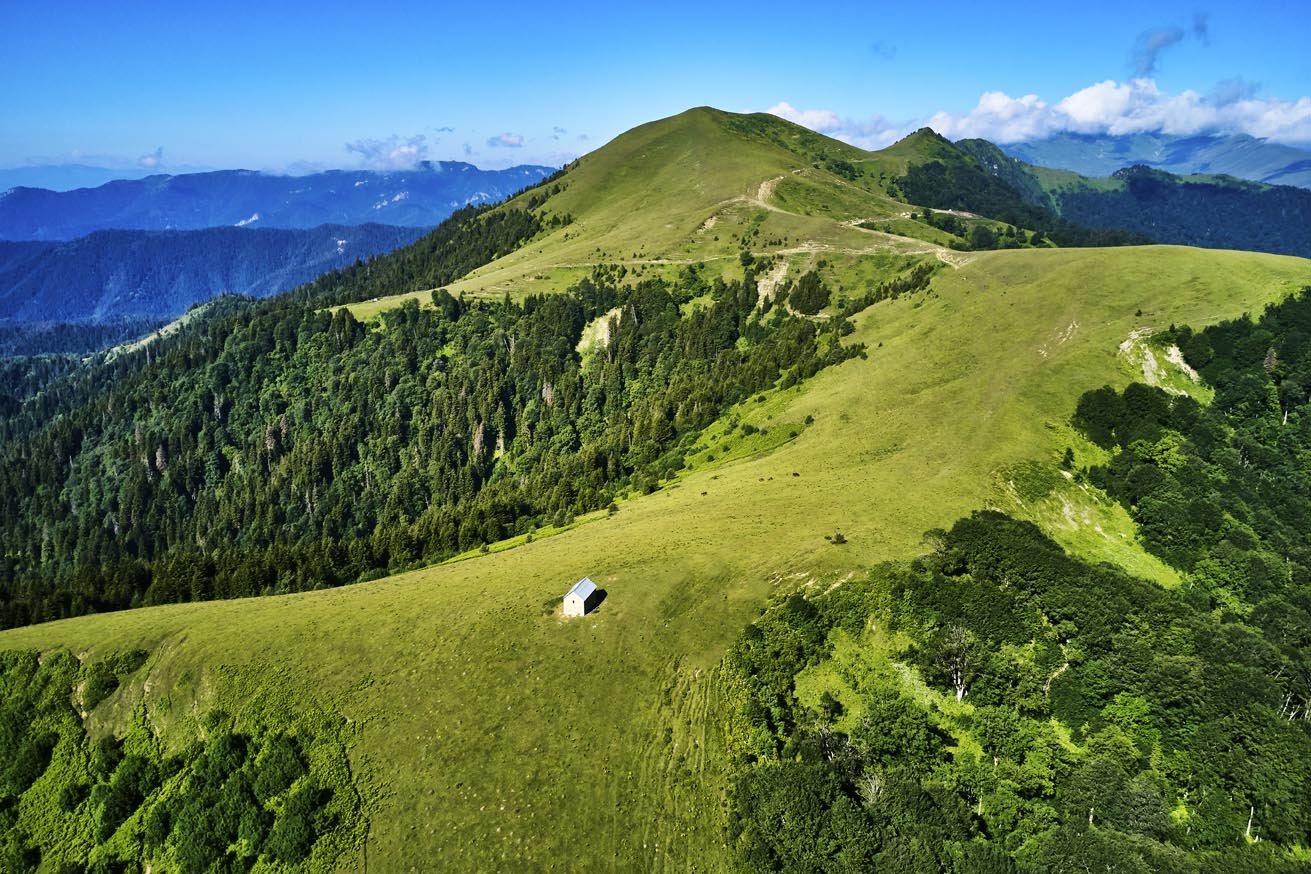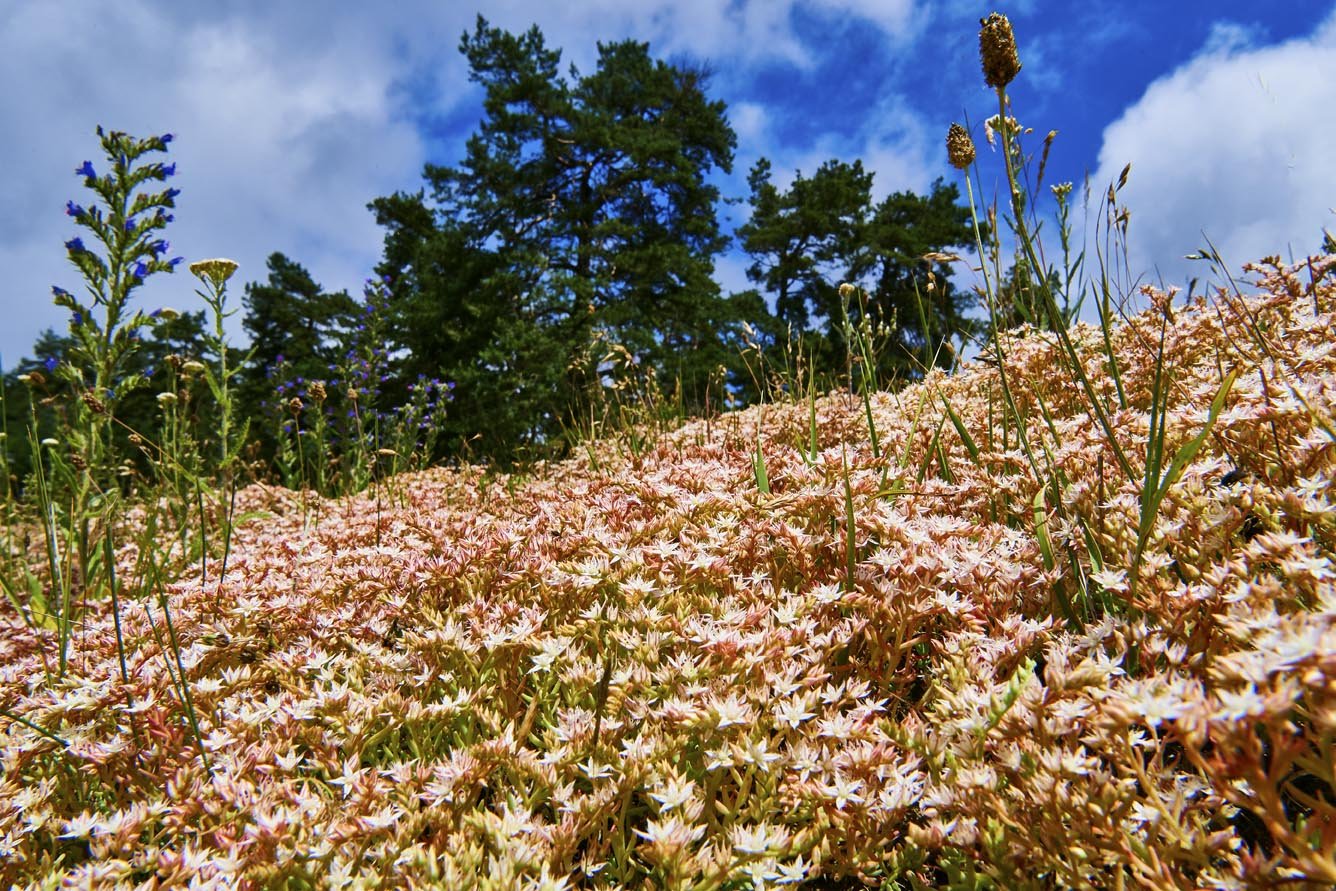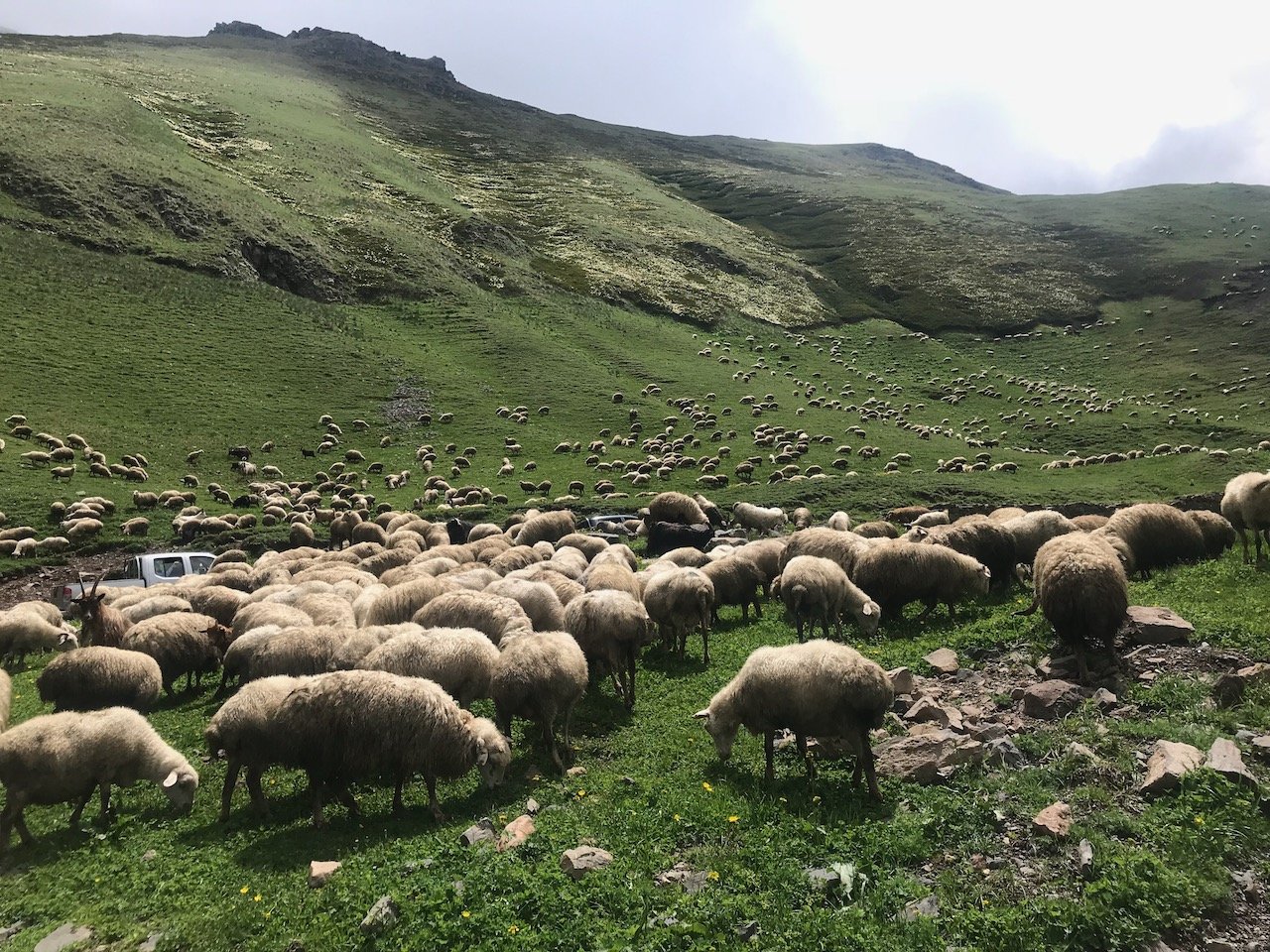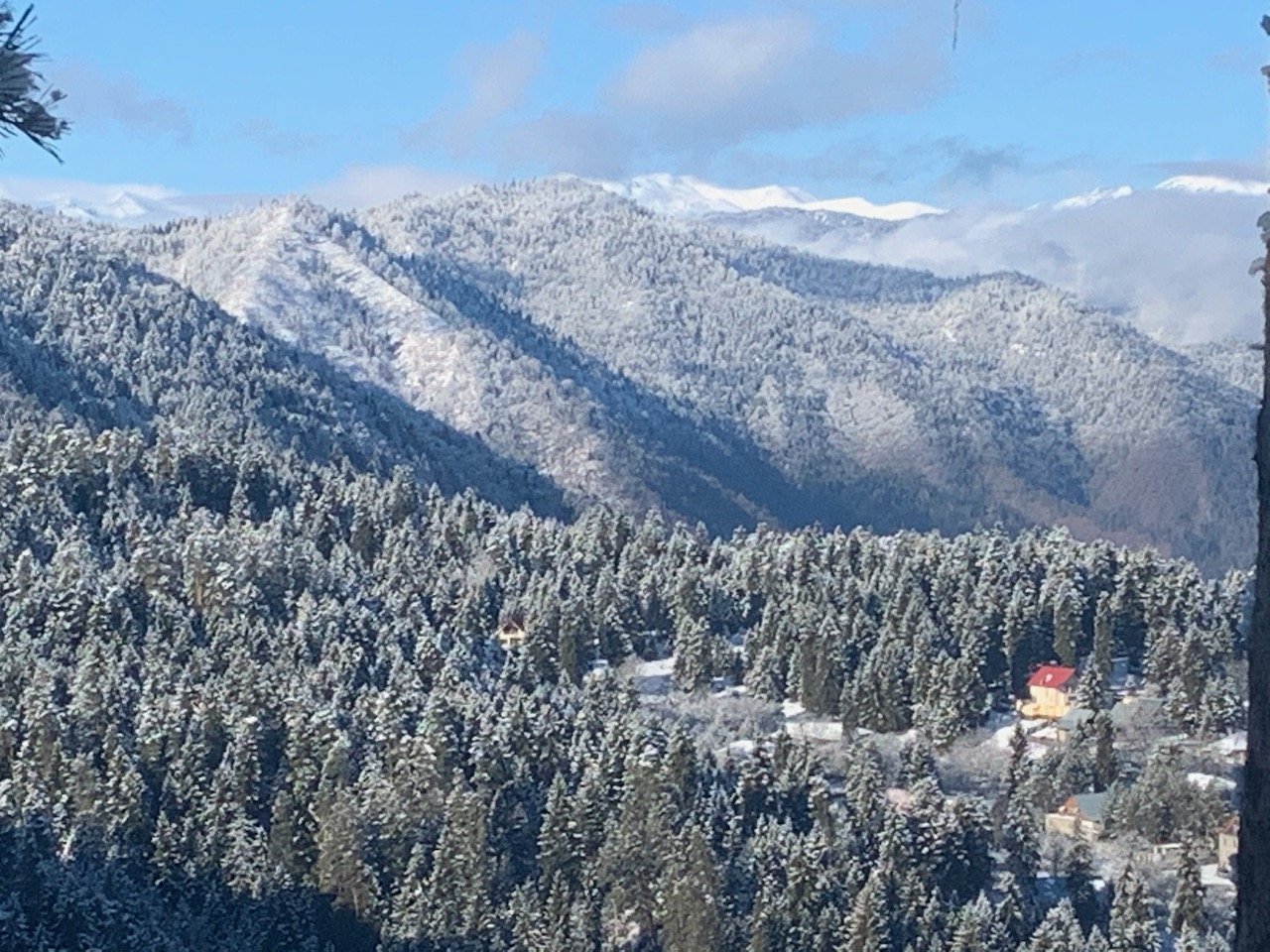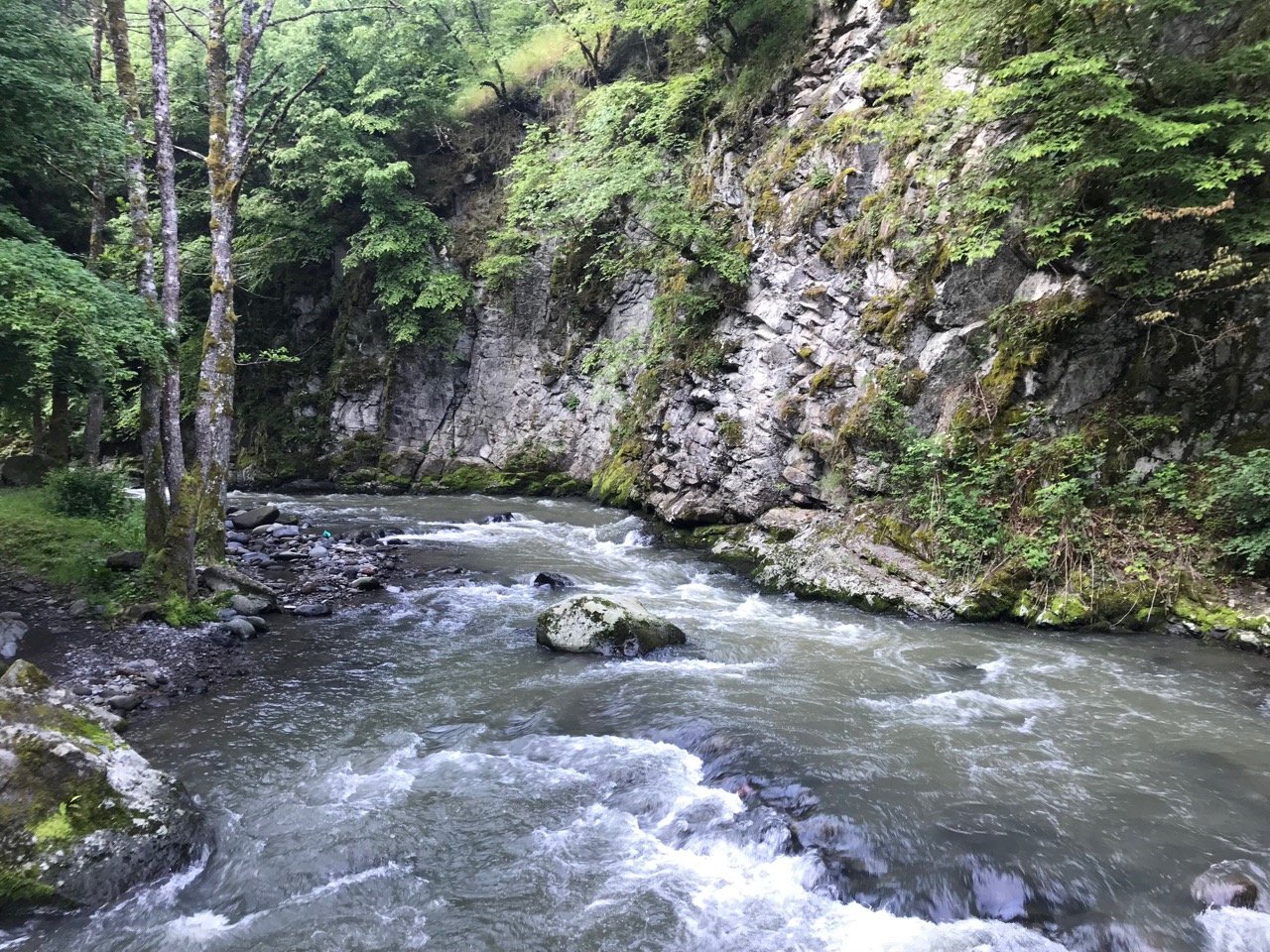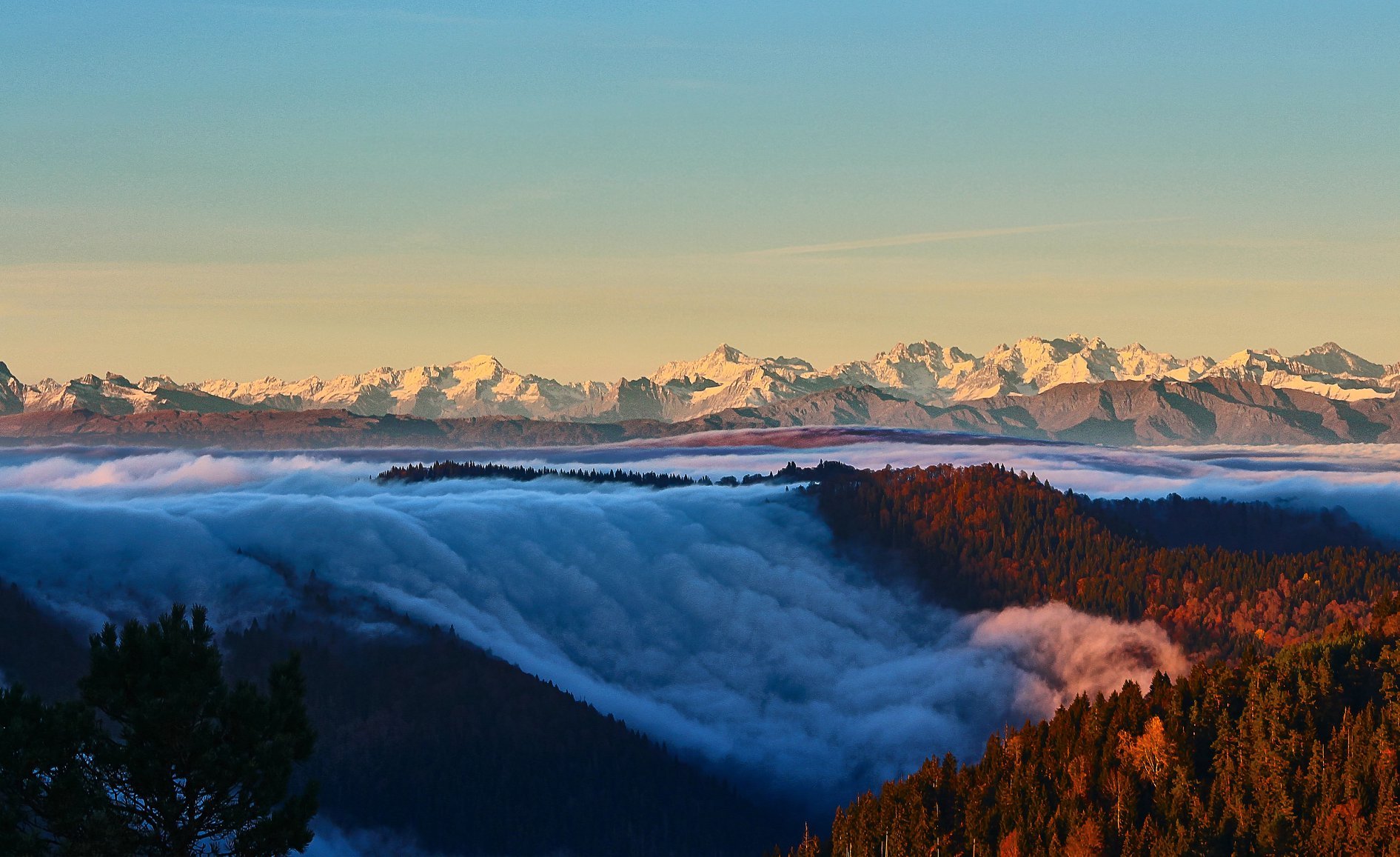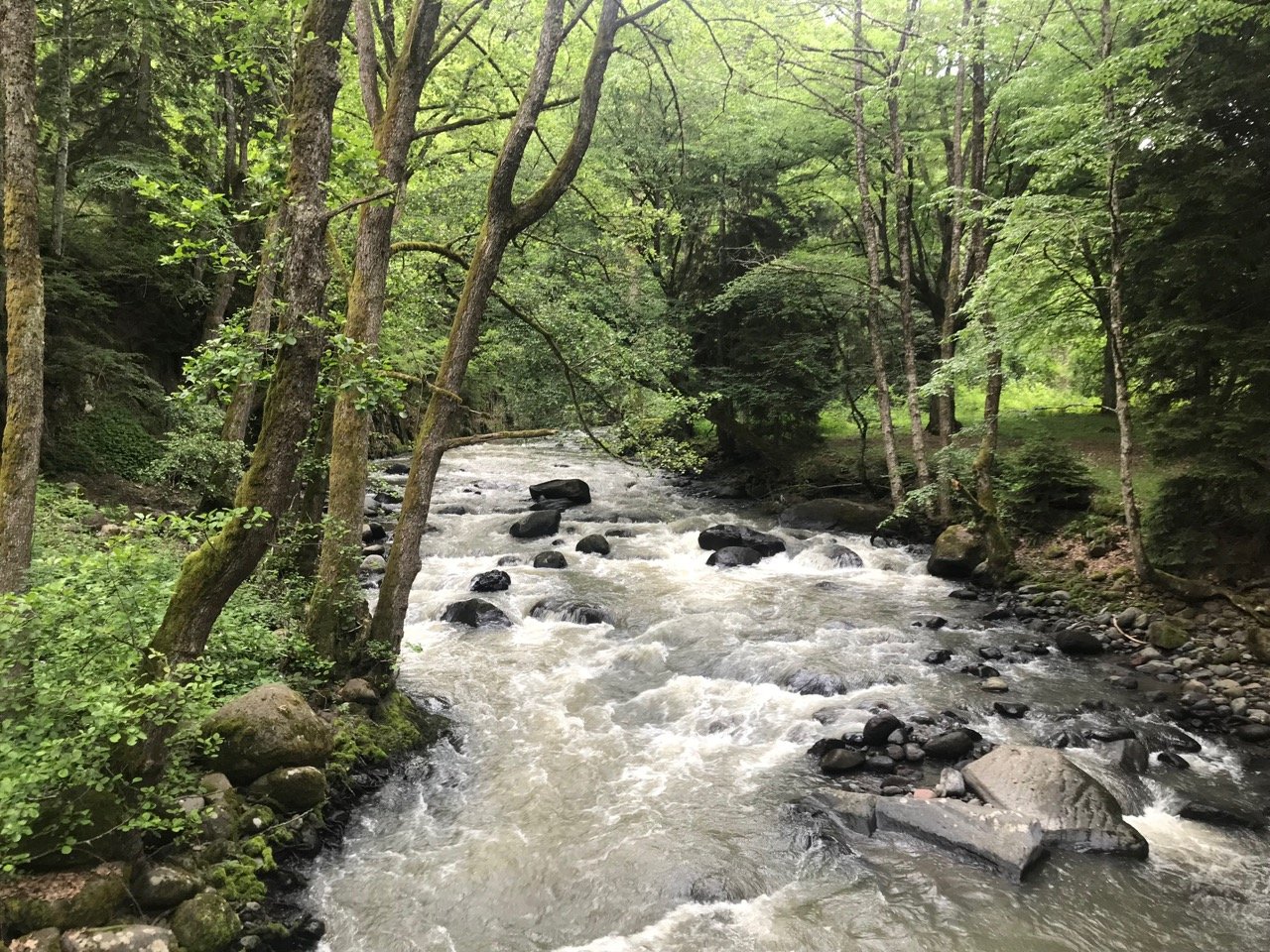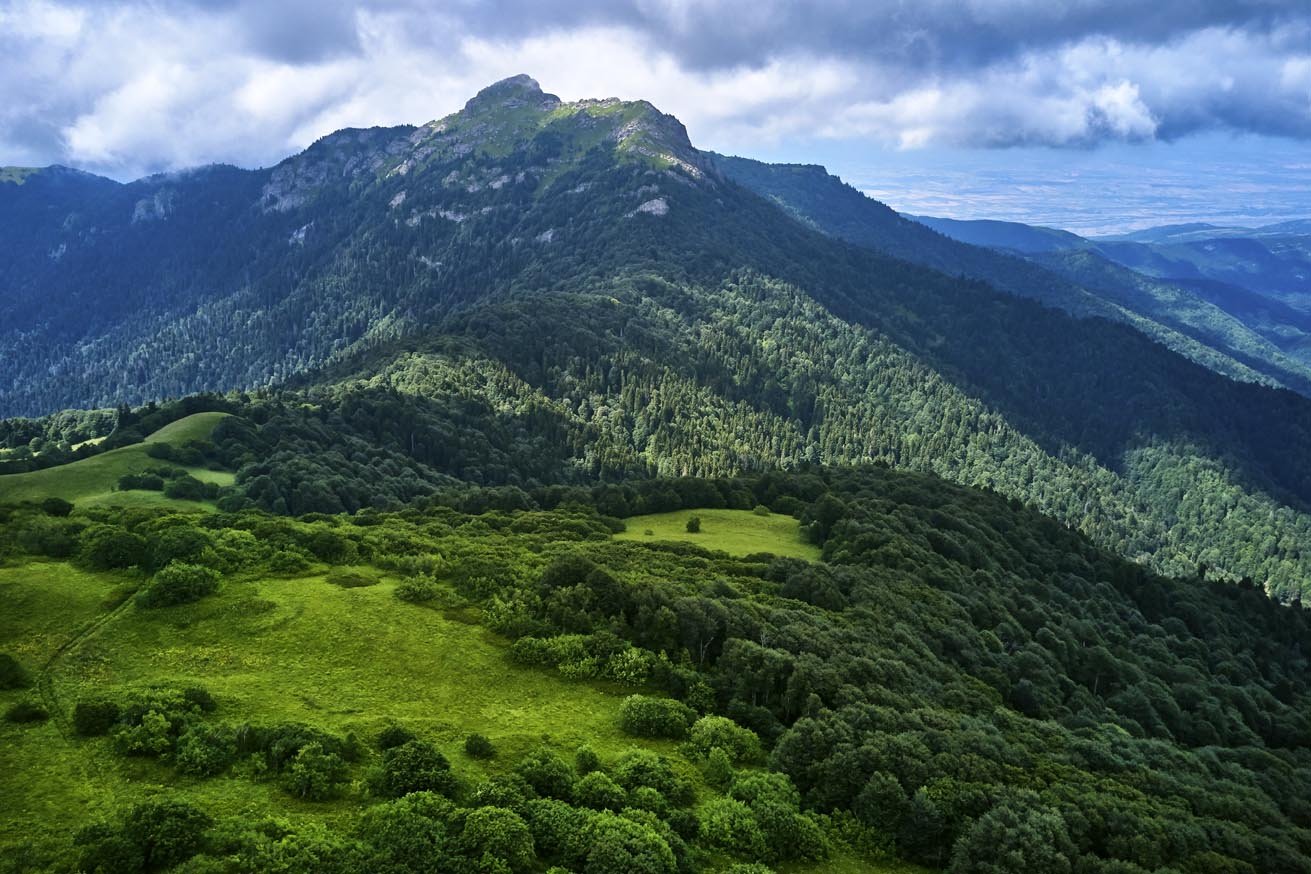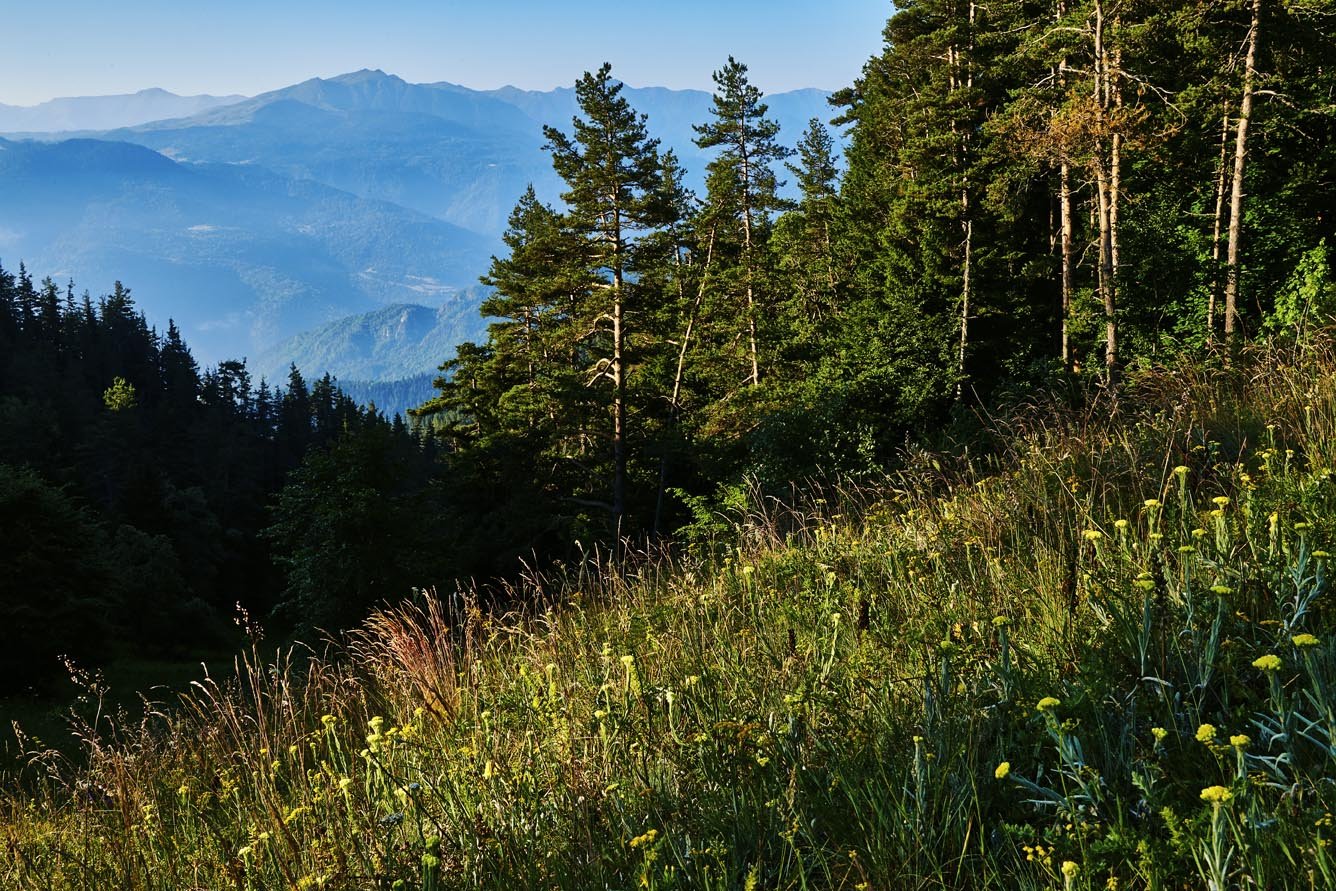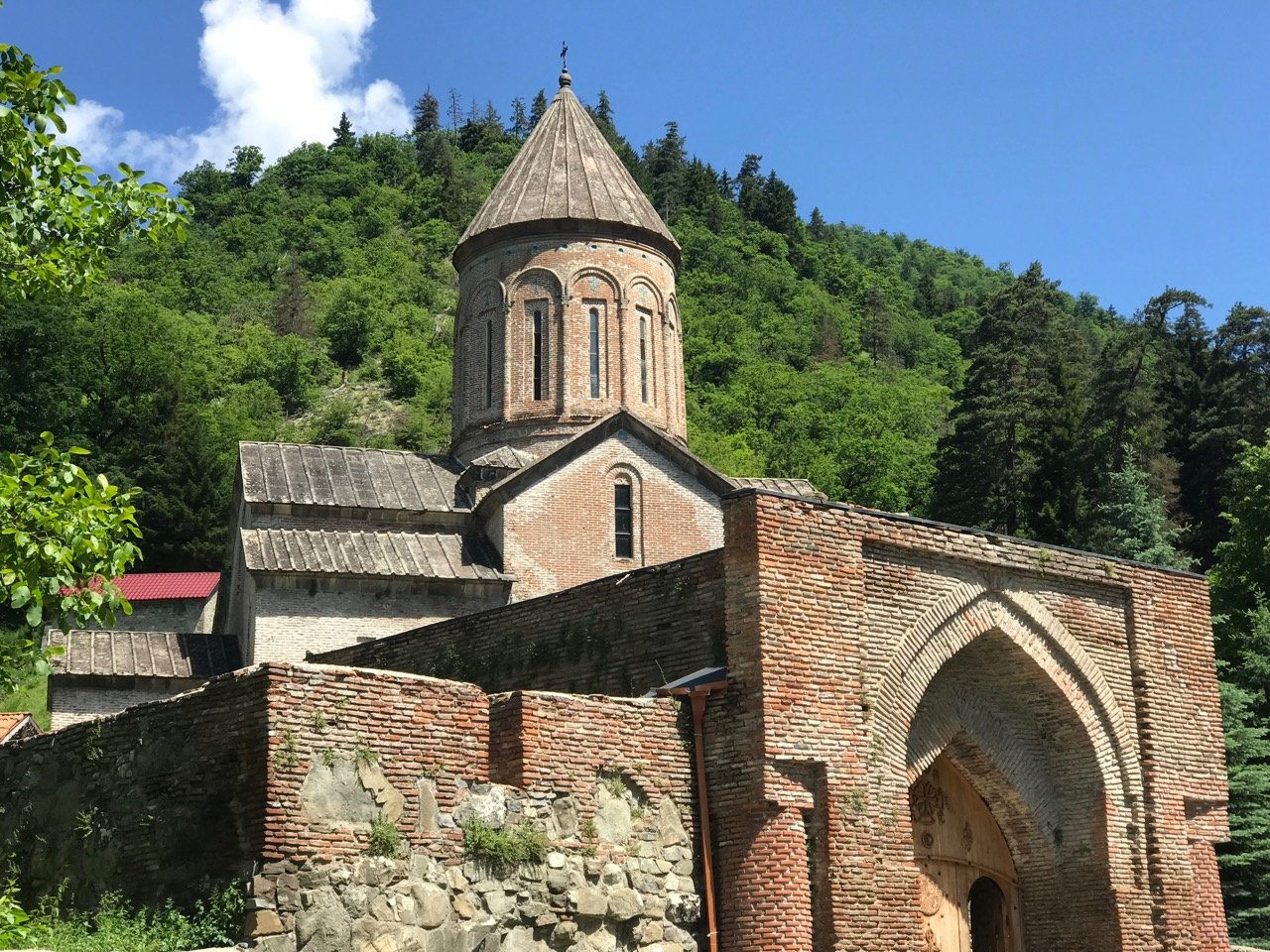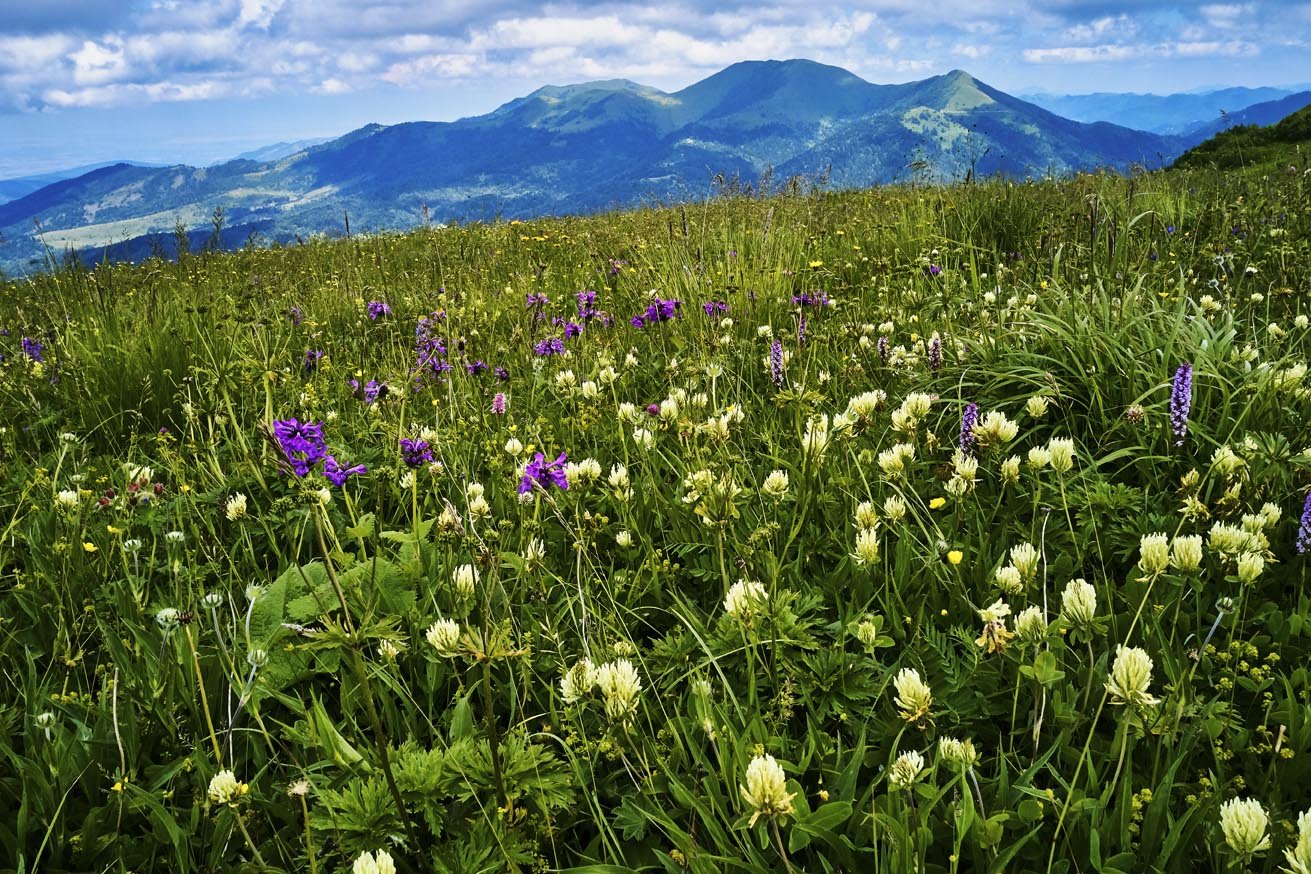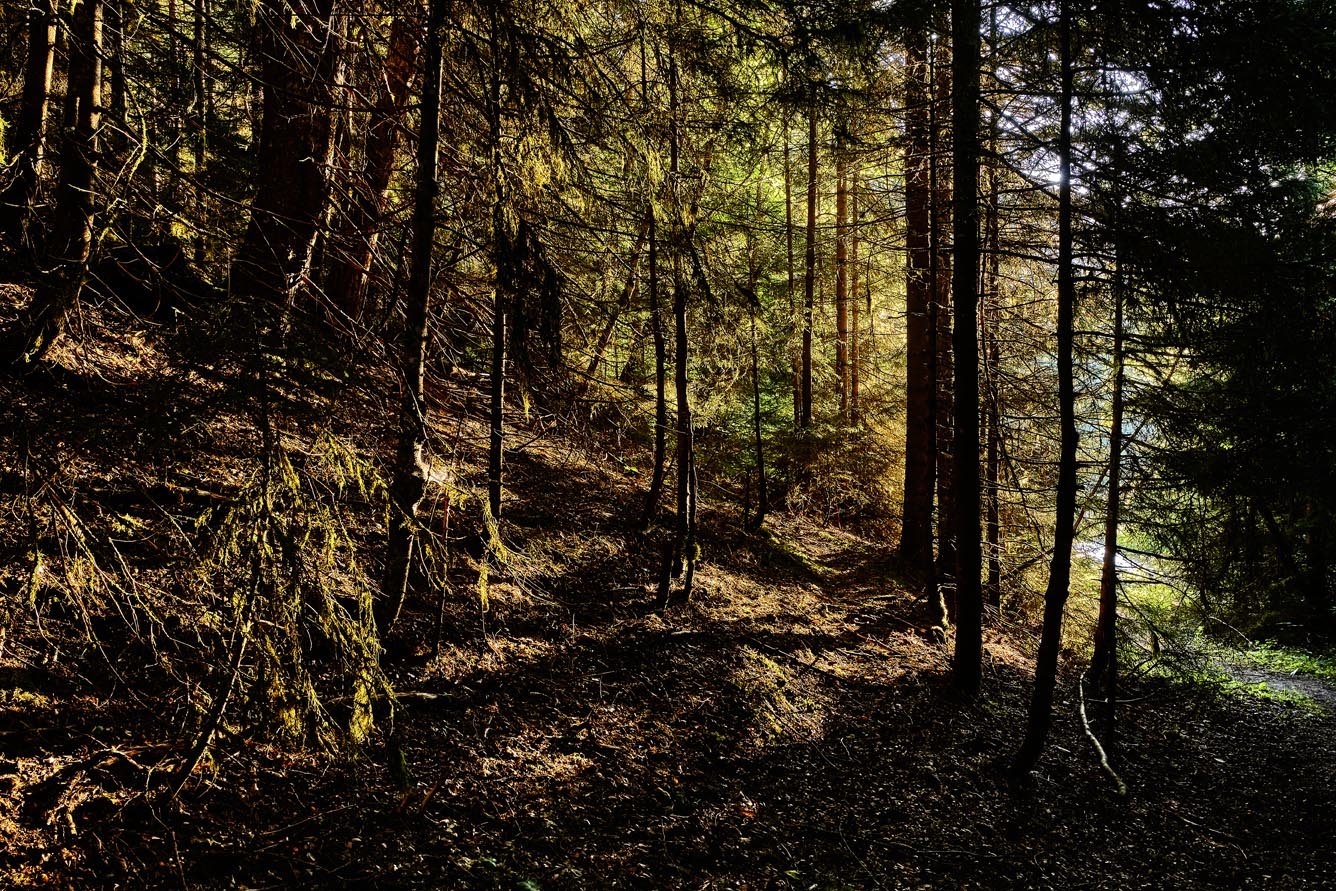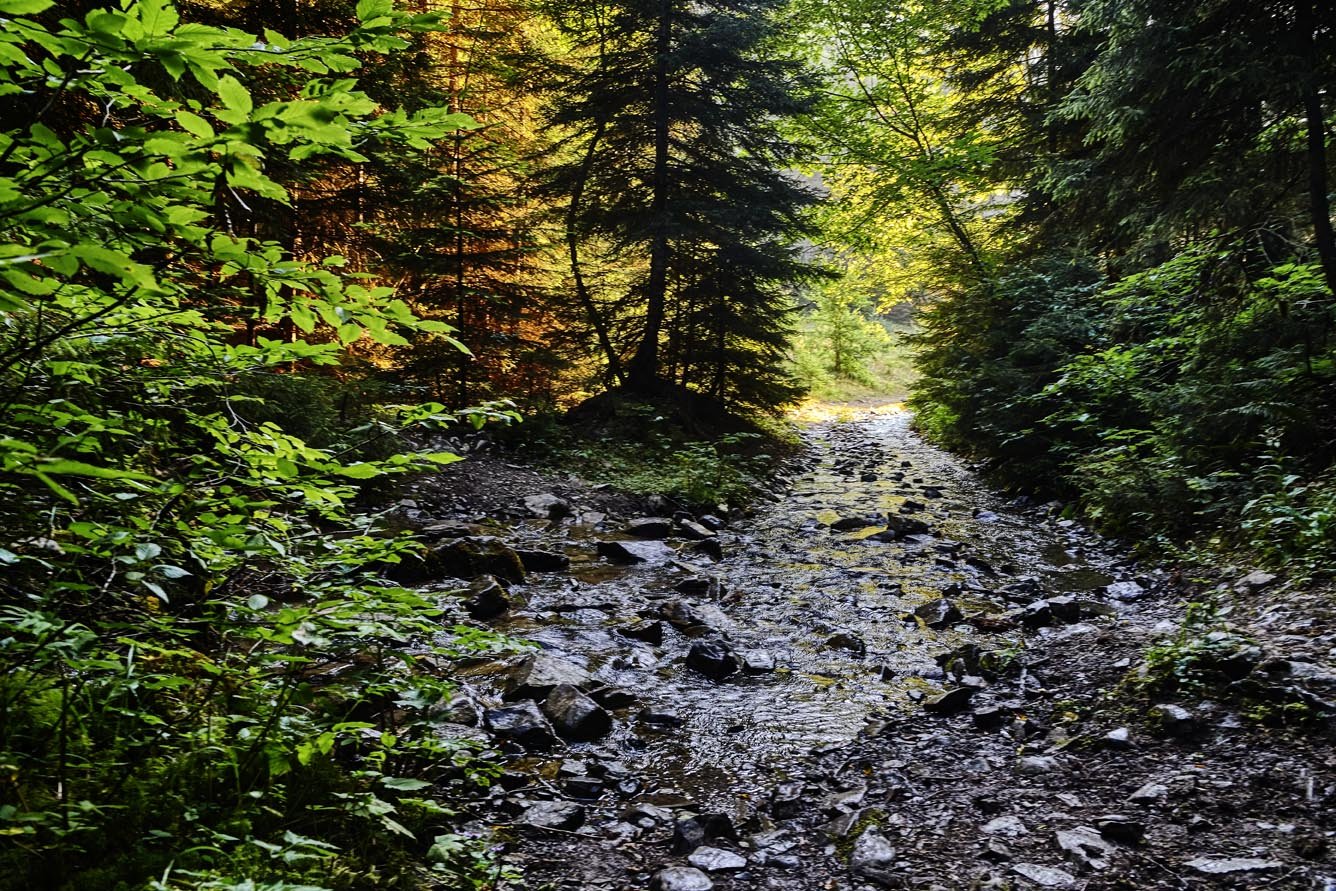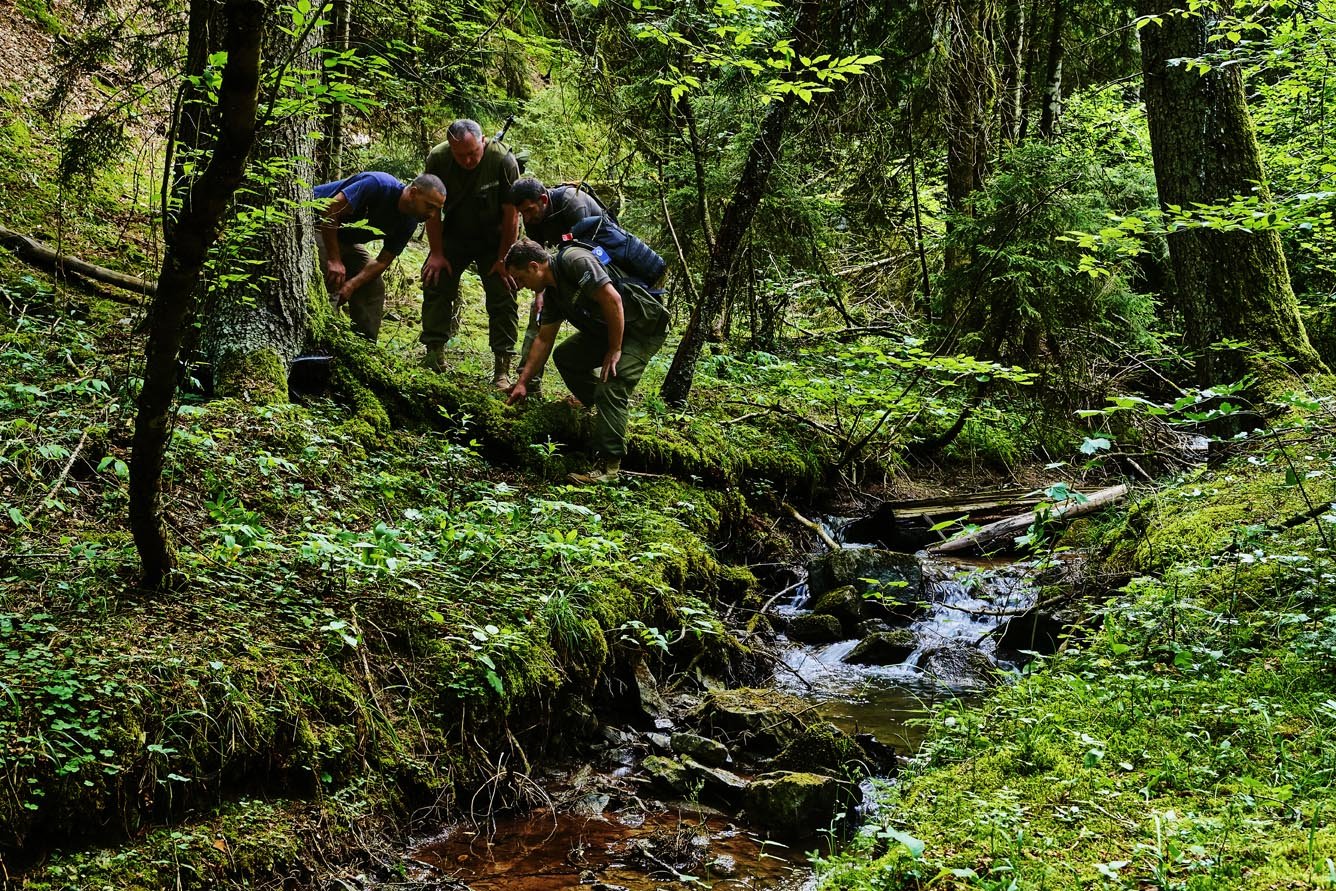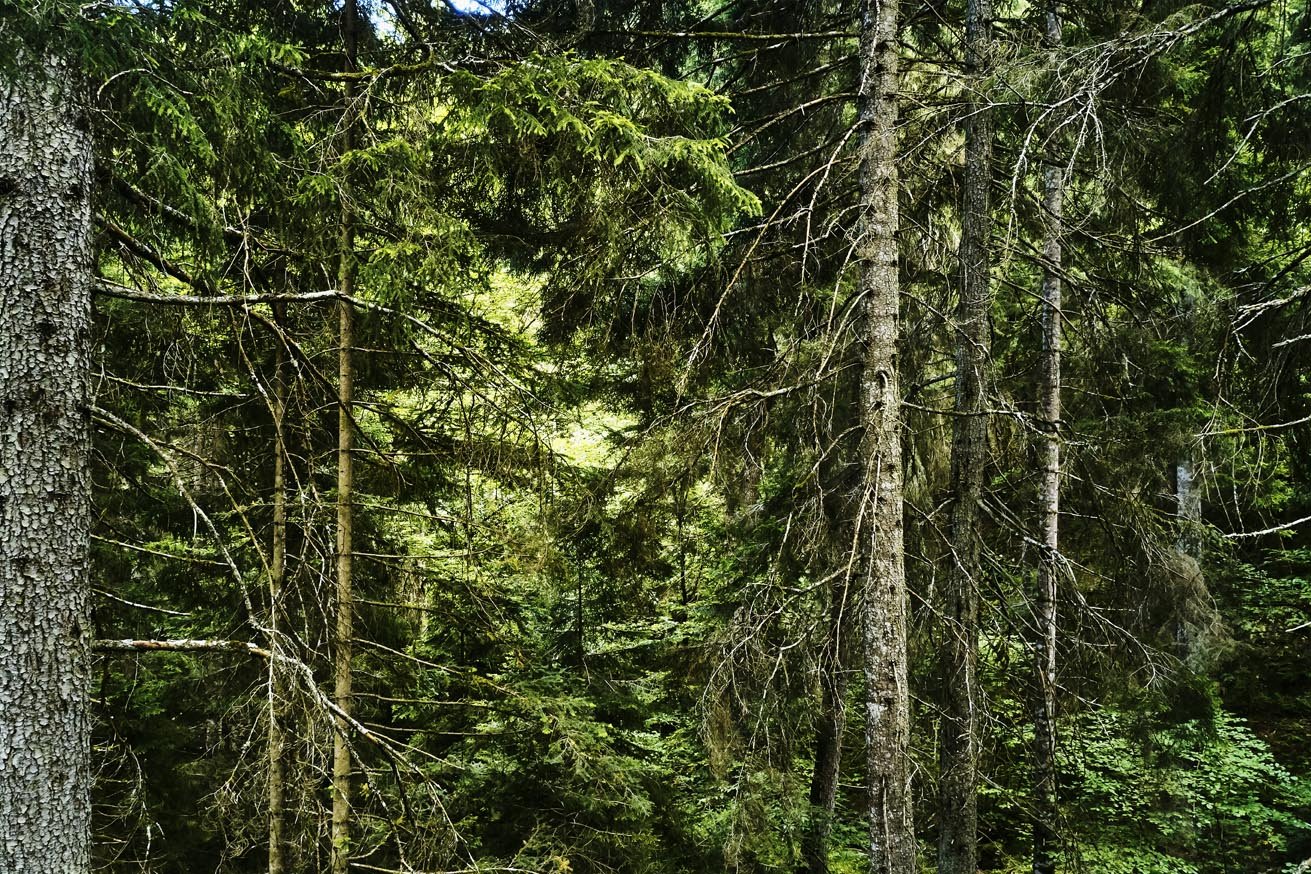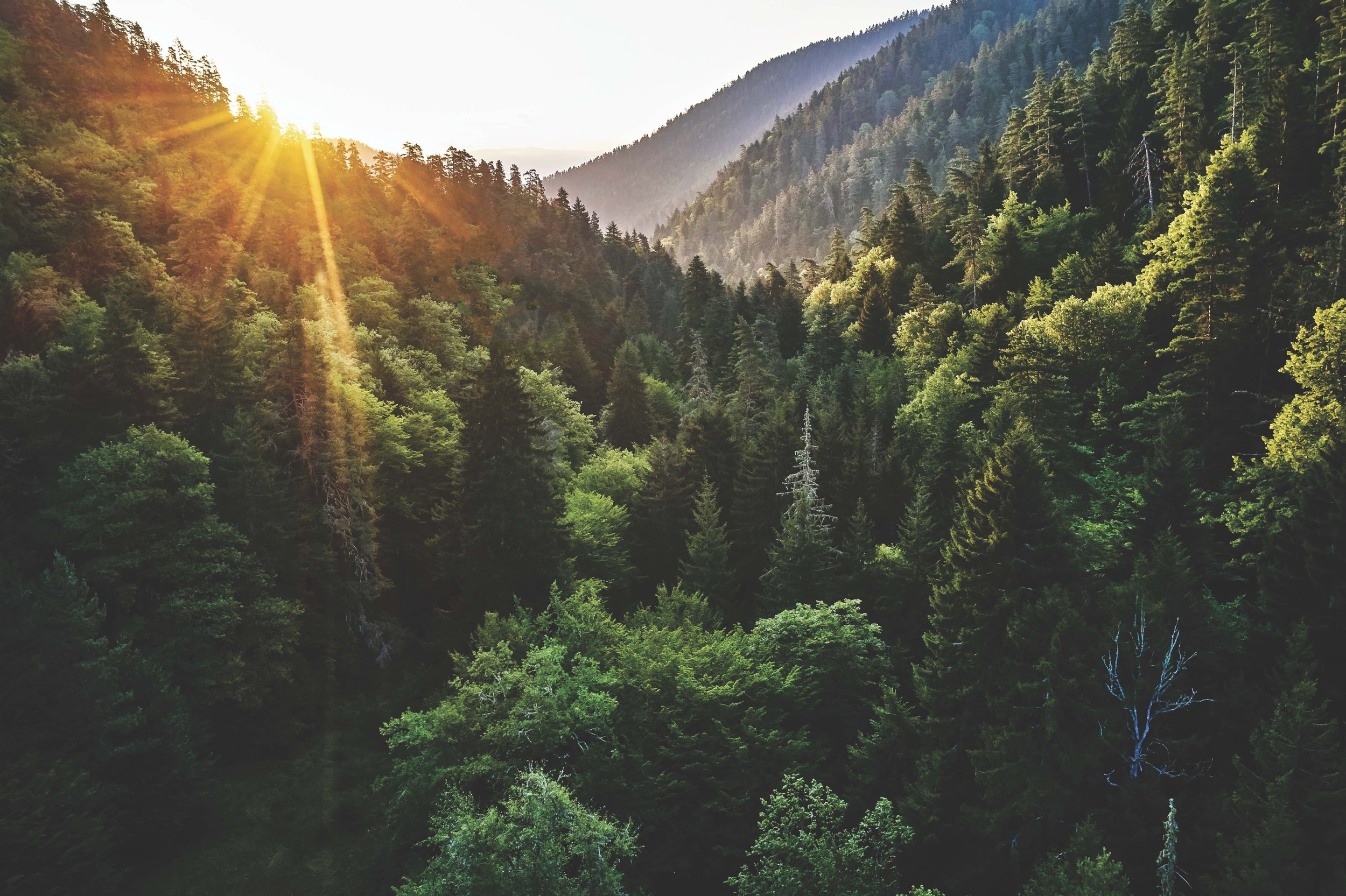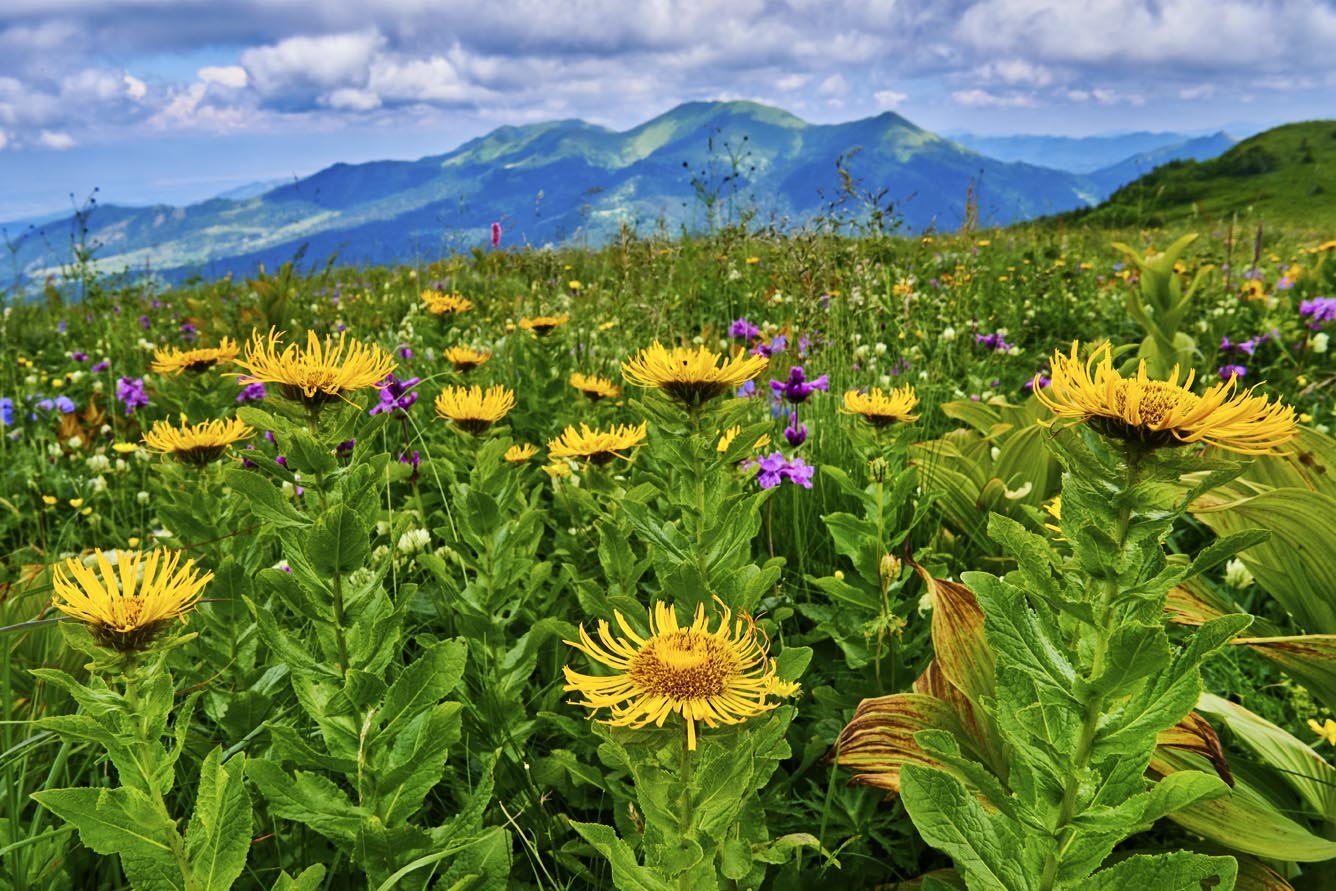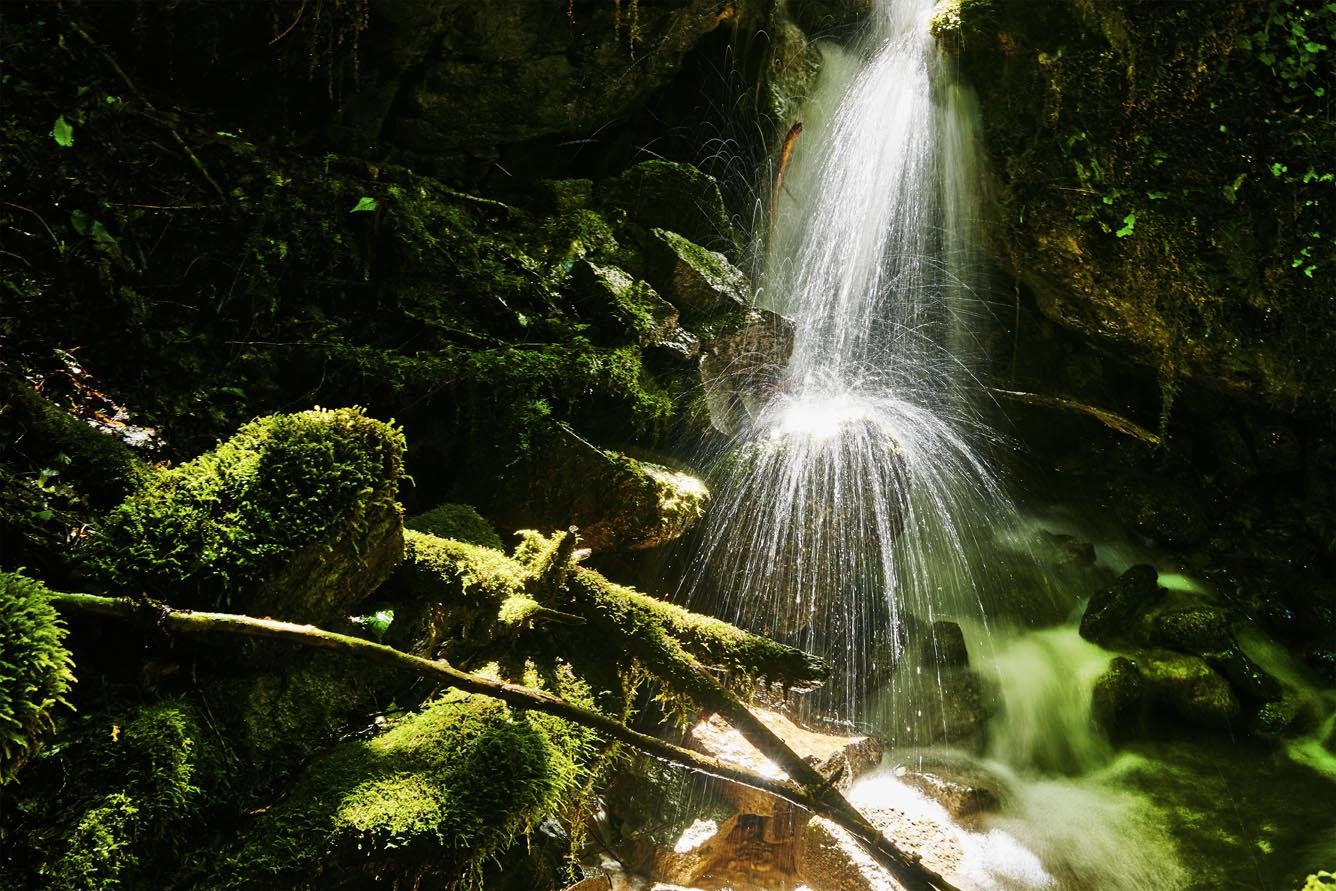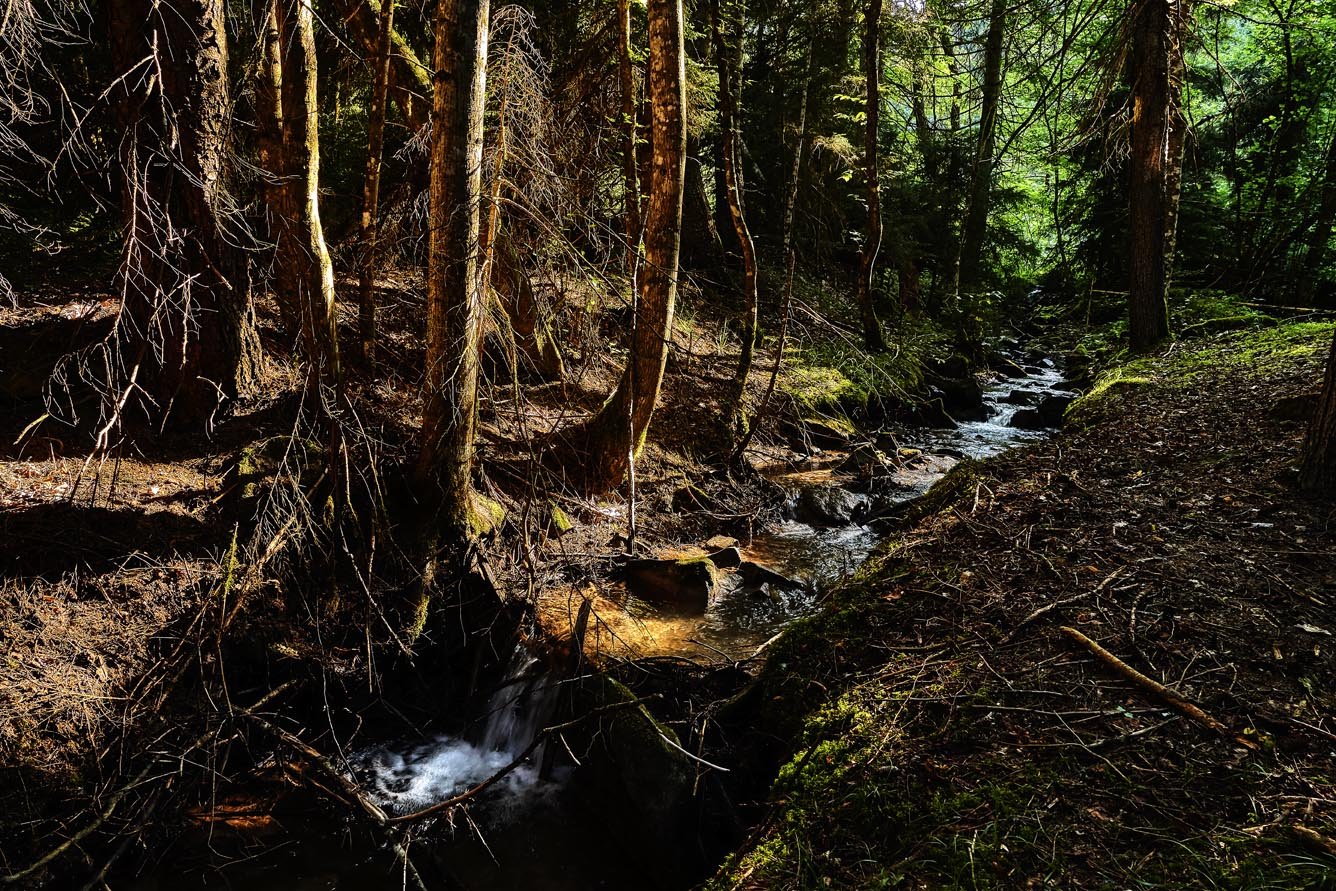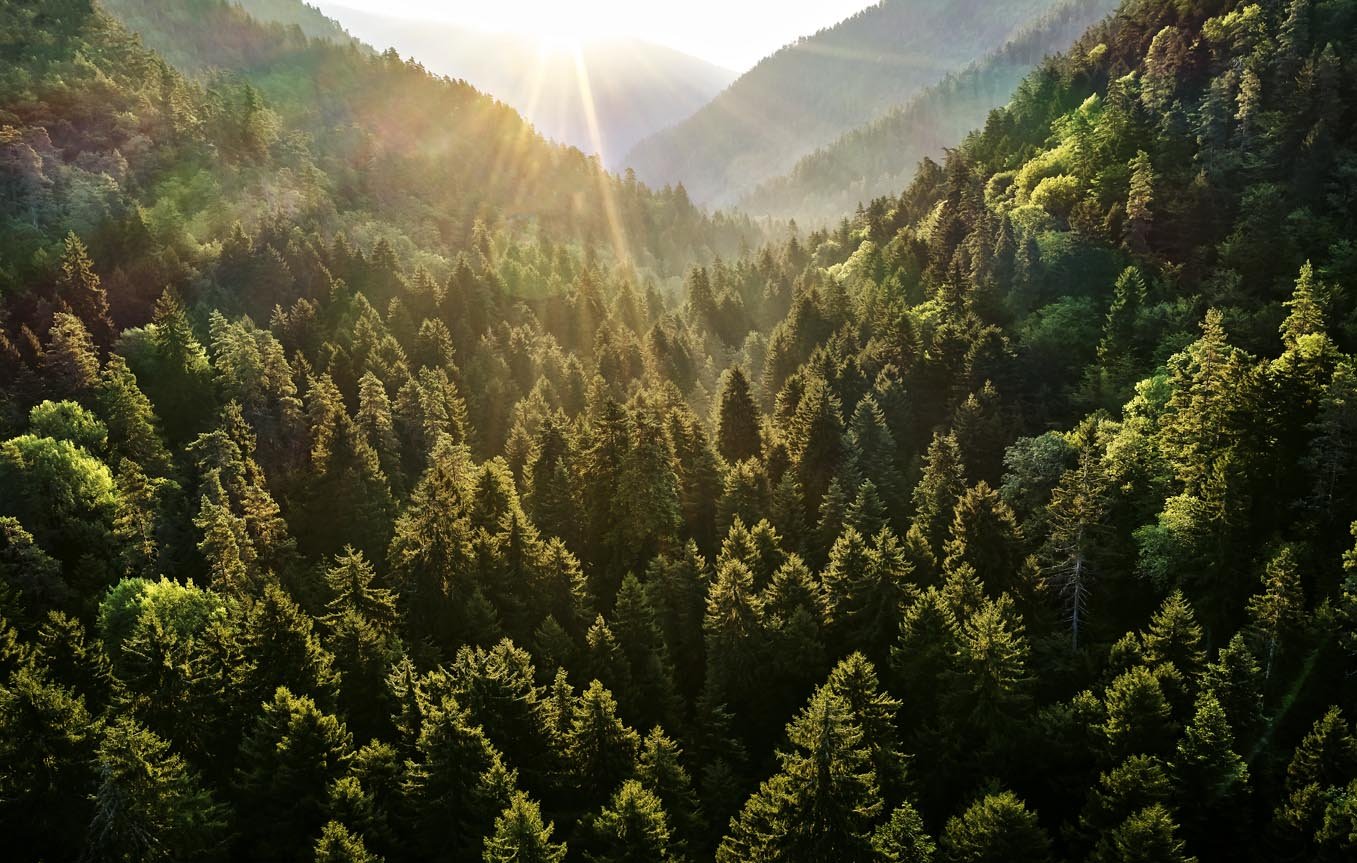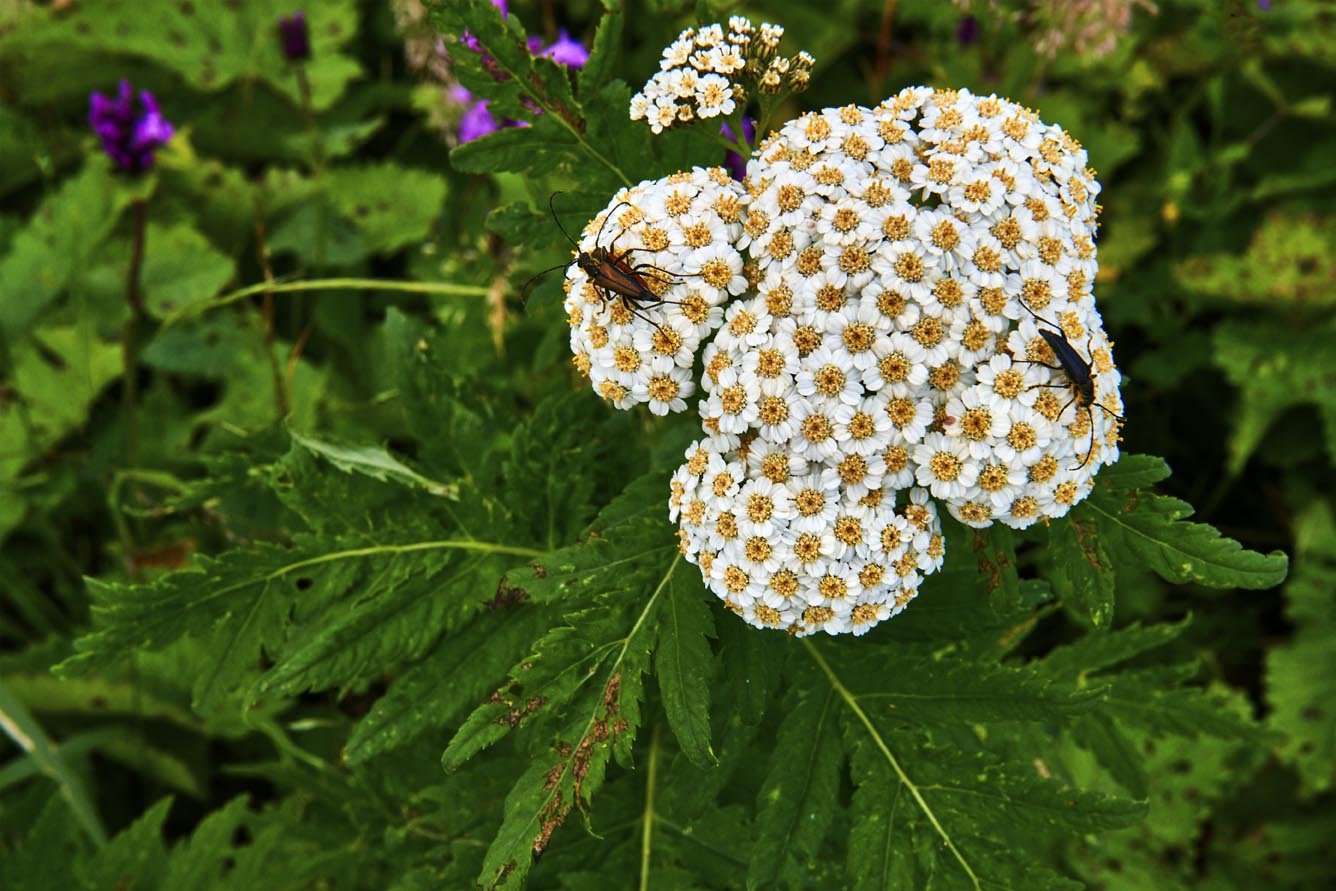Borjomi-Kharagauli National Park, Georgia
OVERVIEW
These mountains are one of the world’s biodiversity hotspots: the richest and most threatened reservoirs of life on Earth. This park helps protect many of Georgia’s endemic plants, and a number of imperiled animal species. In the park’s core wilderness area, virgin forests host many of the park’s bear, lynx, wolf, red deer and chamois. Migrating birds pass through here, sharing the air with resident species like golden eagles and griffon vultures and more than 100 species of butterfly.
SIZE
105,000 Hectares
GOAL
$500,000
VISITORS BY 2030
300,000
Introduction
What better place for a palace?
The scene may have looked something like this: standing among the evergreen trees on the hill at dusk, the Russian Emperor’s son Grand Duke Mikhail Nicolaevich looked out over the Kura River. A buck lolled along the opposite shore, swinging its massive antlers from side to side as it scanned for danger. In the distance he heard a wolf howling.
The Caucasus Mountains stretched to each horizon, the meadows and forests flush with game. The wildlife was astounding, so the grand duke established a hunting reserve near the palace at Borjomi in 1880. For the next half-century, Russian royalty traveled here by carriage to raise their rifles and sip the healing Borjomi mineral waters. They stalked brown bear, boar, wild goat, wolf, red deer, lynx, and grouse – a veritable menagerie of animals that have enriched European lore for millennia.
Although this area had been used for hunting since medieval times, the pressure on it was too intense; by the middle of the 20th century, wildlife numbers began to dwindle. Some species were entirely extirpated. In 1935, after the Russian Empire had crumbled, the new Republic of Georgia made these storybook mountains a nature reserve. Sixty years later, that reserve and its surroundings became Borjomi-Kharagauli National Park (BKNP), almost 105,000 hectares of mountains, forest, and alpine meadows that first opened to the public in 2001.
Here, summer wildflowers blanket the forest in yellow, stark against the leafy emerald backdrop. In the distance, downy peaks stretch high above alpine meadows, blue clouds spilling through their narrow passes like mountain streams. You may hear a clatter from somewhere beyond the trees as two bucks lock antlers. As night falls, fireflies bring the heavens to Earth, idly winking in and out of view like twinkling stars.
History
This is where worlds collide – the Caucasus are an ancient geological and sociocultural crossroads, created 20 million years ago when the Arabian sub-continent crumpled into Europe.
Much later, the Silk Road guided traders from Asia into Europe through mountain passes not far from Borjomi. Caravans of horses and camels threaded through these peaks, carrying gold and silver, glass, wool, perfume, and great sheets of brightly colored silk. Later, monks settled here, building red-roofed monasteries adorned with medieval frescos that persist today.
Natural Heritage
The natural history of the Caucasus is no less vivid. This park helps protect many of Georgia’s endemic plants, 60% of which are threatened. A number of imperiled animals live here too, including three bat species, five rodent species, the Caucasian black grouse, the Caucasian viper, and the chamois, an agile antelope coveted for its hide. In the park’s core wilderness area, virgin forests host many of the park’s bear, lynx, wolf, red deer and chamois. Migrating birds pass through here, sharing the air with resident species like golden eagles and griffon vultures and more than 100 species of butterfly, including the endemic and endangered Parnassius nordmanni.
These mountains are one of the world’s 34 Biodiversity Hotspots, identified by the IUCN as the richest and most threatened reservoirs of life on Earth.
Threats to Borjomi-Kharagauli National Park
Despite protection, large wildlife has continued to decline over the past ten years as the barks of poachers’ dogs and the crack of high-powered rifles still echo through these valleys. Already, illegal hunting has extirpated the threatened Bezoar goat, a shaggy creature with great, back-curved horns, related to the ibex. A reintroduction program is ongoing. Only about 65 chamois remain, along with an estimated 40 lynx, 135 brown bear, and 700 endangered Caucasian red deer.
The problem is aggravated by illegal logging, overgrazing by domestic livestock, and climate-change-induced forest fires that threaten their habitat.
Saving Borjomi-Kharagauli National Park
Battling this long legacy of exploitation is a treacherous task, and several rangers here have lost their lives. Without the authority to make arrests, BKNP’s 56 rangers often put themselves at risk as they wait for help from police. Fortunately, this is changing: in 2019, 15 new park rangers were hired, and the ranger team made their first six arrests of illegal hunters in the park.
At the invitation of the Georgian Agency for Protected Areas, Global Conservation signed a multi-year agreement in June 2018 to deploy Global Park Defense in Borjomi National Park to monitor all trails and roads used by illegal hunters and wildlife poachers. Global Conservation has helped ensure that new firearms, body cameras, and Garmin Inreach Satellite GPS Communicators were distributed.
Global Conservation is now aiming to support those rangers by establishing a Global Park Defense system that will monitor all trails and roads for illegal loggers and hunters. We will also improve communications and institute a new citations system, with which we aim to achieve “No Cut, No Kill” protection by collaborating with local partners like the Caucasus Nature Fund.
The park now has the most advanced park and wildlife protection in Georgia. It serves as a model for the 22 other Georgian protected areas facing destructive illegal logging and wildlife poaching.
Already, improved enforcement has virtually eliminated large-scale illegal clear-cutting, and growing tourism helps provide local communities with alternative livelihoods that obviate the need for poaching. Visitors come for the wildlife, the incredible scenery, and this region’s history, which they can take in while hiking, horseback riding, biking, or snowshoeing. They also enjoy the pinecone jam and mineral water that Borjomi is known for, which gushes from a depth of 1,500 meters and is said to have healing properties.
The park protects natural springs that provide potable water for 10,000 residents of Borjomi town.
Our Objectives:
1.
Deployment of Global Park Defense systems and communications for all park rangers.
2.
Achieving "No Cut, No Kill" within the park by increasing arrests and fines through a new citation system.
3.
Increasing the size of BKNP to protect adjacent high biodiversity areas.
4.
Improve core endangered wildlife populations by 2-3 times in 5 years.
5.
Training of park rangers on Global Park Defense technologies, systems and training for rapid response and targeted patrolling.
Astounding wildlife has drawn people to this region for hundreds of years, though the reasons have shifted from exploitation to sheer enjoyment. We aim to ensure the long-term protection of this area’s rich resources by doubling the size of Borjomi-Kharagauli National Park. This will conserve adjacent areas that are brimming with biodiversity but lack full protection. We hope that these changes will allow wildlife populations to double or triple within the next five years, and allow this ecosystem to persist for hundreds of years to come.
An aerial view of the lush forests and meandering rivers of BKNP.
Partners in Conservation
Our critical partner in park and wildlife protection is Caucasus Nature Fund, established in 2008. By providing long-term support and management assistance for the protected areas of Armenia, Azerbaijan and Georgia, CNF seeks to conserve the unique flora, fauna and ecosystems of the Caucasus for future generations while at the same time improving the lives of local people today.
Caucus Nature Fund has supported anti-poaching measures in BKNP since 2010, and CNF’s support continues to be crucial for Borjomi-Kharagauli National Park.
Georgia's Agency of Protected Areas & Ministry of Environmental Protection and Agriculture
We work closely with these government entities to provide protection for Borjomi.
The Agency of Protected Area’s primary responsibility is to manage Georgia’s national parks and IUCN World Heritage Sites, including the protection of Georgia’s unique historical-cultural environment and biodiversity. APA also works to promote healthy recreation and sustainable tourism.


